Winter Oak
22 Apr 2024 | 9:31 am
1. The world out of kilter: occupation and zombification
by Paul Cudenec
The kind of society I long for is an organic one, in which people live in the way they see fit, guided by their own inclinations, the customs they have inherited and the circumstances of place.
As an anarchist, I am obviously opposed to all authority imposed from above, to any kind of formalised, entrenched power, but that does not mean that there could be no kind of moral "authority" or guidance in the world I want to see.
Traditional societies often look to village elders, wise women, and other respected individuals to help steer their decision-making.
The advice they give arises from within the community concerned and, in order to be followed, will have to correspond to a generally-shared sense that the proposed direction is the right one.
This is not the case with those who exercise power over us today. Due to the corruption of our society, authority is wielded in the interests of a group which neither identifies with the people as a whole nor is prepared to be guided by its wishes.
Instead, it seeks to impose its own agenda on the population by any means necessary – by propaganda and persuasion, if possible, or otherwise by outright deceit, intimidation and physical violence.
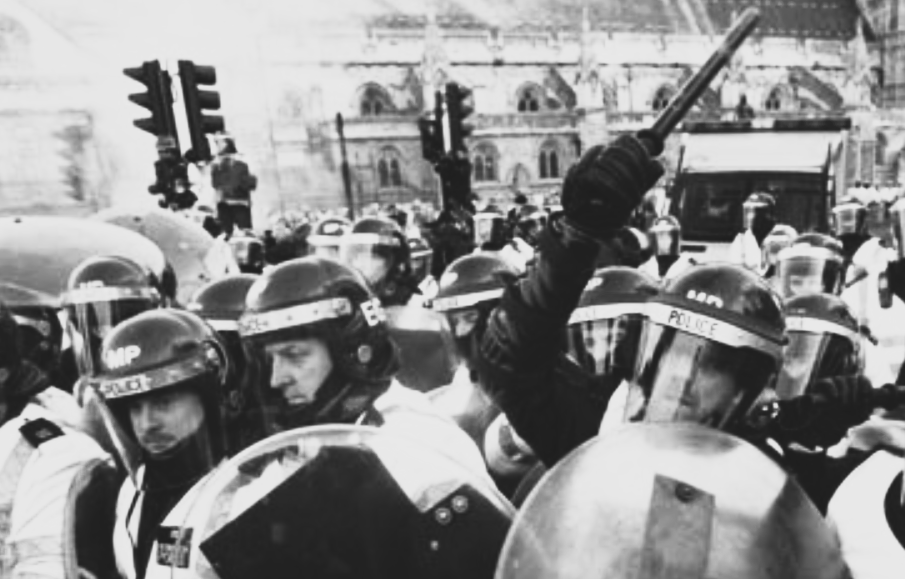
Even worse is that this ruling gang, which is essentially nothing but an occupying force, shares neither the specific local moral codes of the various peoples it rules over, nor the general human sense of right and wrong that would once have been shared by its own ancestors.
This is because it is a rogue element, a criminal entity, intent only on increasing its own wealth and power, and has no use for ethics.
Indeed, it takes sadistic pleasure out of using, manipulating and inverting the majority population's values – their sense of justice, their fondness for their homeland or their love of nature – in order to advance its own venal programme.
Individuals in such a society are unable to follow their own moral compass, to act according to their own innate desires, to follow their dreams, pay respect to the archetypal template in their unconscious.
This is not just because they are physically constrained, by authority, from acting and living in ways that they feel are right, but also because they have been mentally conditioned not to listen to the voice within.
They are besieged, through all their waking hours, by messaging, by propaganda that tells them they have to live, think and behave in the ways set out by the ruling gang.

A natural society will produce all kinds of individuals who complement each other in the ways that they contribute to its well-being.
There are those who are drawn to caring for others, to teaching the young, to growing, to feeding, to building, to physically defending the community, to resolving disputes and so on.
There are also the artists, poets, preachers and prophets, the antennae of the people, who are sensitive to the overall feel of the society and can sense when something is wrong.
Young people often start out with this gift – think of all the different generations rebelling, in their varying ways, against this modern world! – only to be ground down into compliance by the satanic mills of power.
But some carry on noticing and sounding the alert, with the aim of waking up the population as a whole to the danger they are facing.
It is therefore important for the ruling occupying force to isolate the small minority who remain connected to their own deep knowing and to the organic spirit of the community.
They do this by insulting, mocking, demonising, dismissing, intimidating, criminalising and imprisoning them – by presenting them, in their usual inverted manner, as a menace to the very society whose well-being they are trying to defend.

This is psychologically difficult for these social antennae, who risk being deeply wounded by a rejection that they feel comes as much from their own community as from the occupying force.
Banding together in self-defence, they can become inward-looking, cultish, and unable to properly communicate with others outside their ranks.
Or, as individuals, they can become bitter and angry with those who refuse to listen to them, dismissing most members of their community as ignorant fools who deserve no better.
In either case, they have completed the work of the ruling gang by cutting themselves off from the social organism to which they belong.
That organism therefore has no more brain, no more soul, but is a social zombie, staggering on towards its own destruction under the malevolent control of the life-sucking criminocracy.
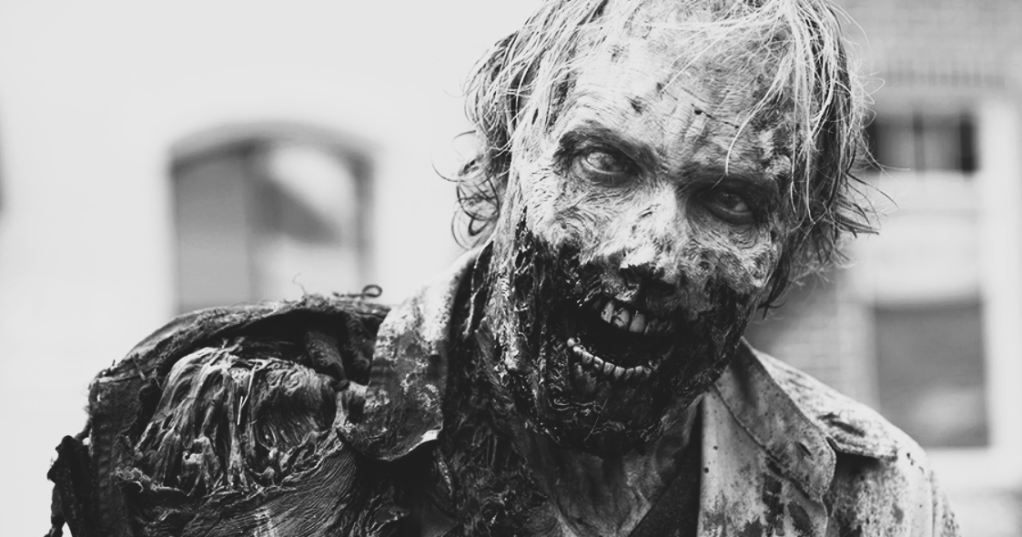
19 Apr 2024 | 8:16 am
2. What is Propaganda?
by Mike Driver
"There are these two young fish swimming along and they happen to meet an older fish swimming the other way, who nods at them and says 'Morning, boys. How's the water?' And the two young fish swim on for a bit, and then eventually one of them looks over at the other and goes 'What the hell is water?'" – David Foster Wallace
In this analogy we are all fish, I'd like to claim to be the wise old fish for the purpose of this article but the old guy is swimming in the same water as the rest of us. The thing is our sea isn't filled with water it's composed entirely of propaganda. In this late stage of corrupt oligarchic capitalism and fake democracy there literally is nothing else. It is everywhere and everything. It comprises our entire experience.
Has the western way of attending to the world made us more vulnerable to the influence propaganda?
To understand
The least thing fully you would have to perceive
The whole grammar in all its accidence
And all its system, in the perfect singleness
Of intention
WS Merwin
To understand the isolated objects and events of everyday existence we need to grasp the entire underlying basis of the entire system. We need to understand that when we pull at one piece of the universe it is attached to all the others. We need to realise that there are no simplifying causes in our complex system. To understand the smallest thing we need to understand everything. Until everything is continuous.

I recently visited the Kruger national park in South Africa and it is on a bush walk where you start to realise the power of trying to look at the world like an indigenous person. This is stupendously difficult for the western mind, like trying to walk headlong into a gale. The game drive is far more suited to our truncated attention span. Drive, see lion, take photo, drive, see giraffe, take photo, every encounter a small packet of transmissible information. When you walk, you notice your guide is attending to the world in a completely different way, a flow state more like a continuous and dynamic film than a static atomised photograph. A way of attending to the world that prioritises context, harmony and coherence. The herd of buffalo approach and retreat like waves on a beach, the lion print is days or hours old, the wind down or upward, this plant good for that ailment, everything attached by an invisible thread to everything else. The Pale Chanting Goshawk a verb, a bird that is goshawking not a noun frozen in time.
Over a number of hours paying this kind of attention to the wild you find yourself breathing more slowly, moving to a different rhythm, awed by the knowledge of your guide and the vast web of interconnectedness that surrounds us everywhere.
There is an entire realm of knowledge either lost or ignored. What gives us in the west the authority, the arrogance to assume we can discount these ancient ways of seeing? This is the hubris that engulfs us. Many millions of people and counting have died as a direct result of resisting the western way of knowing. A way of knowing that seeks control and believes in godlike powers of intervention. A way of knowing that sees the world as individuated separate events, parts to be manipulated. A way of attending to the world that misses the gestalt, the big picture. Is there a different way to look at what is happening to us and to understand our place in the universe? A way of looking and understanding that everything is continuous, nothing is discrete. Or are we condemned to be led by the men who live in the shadows, constantly feeding us bits of disembodied information, shaping our very perception of reality to their own ends?
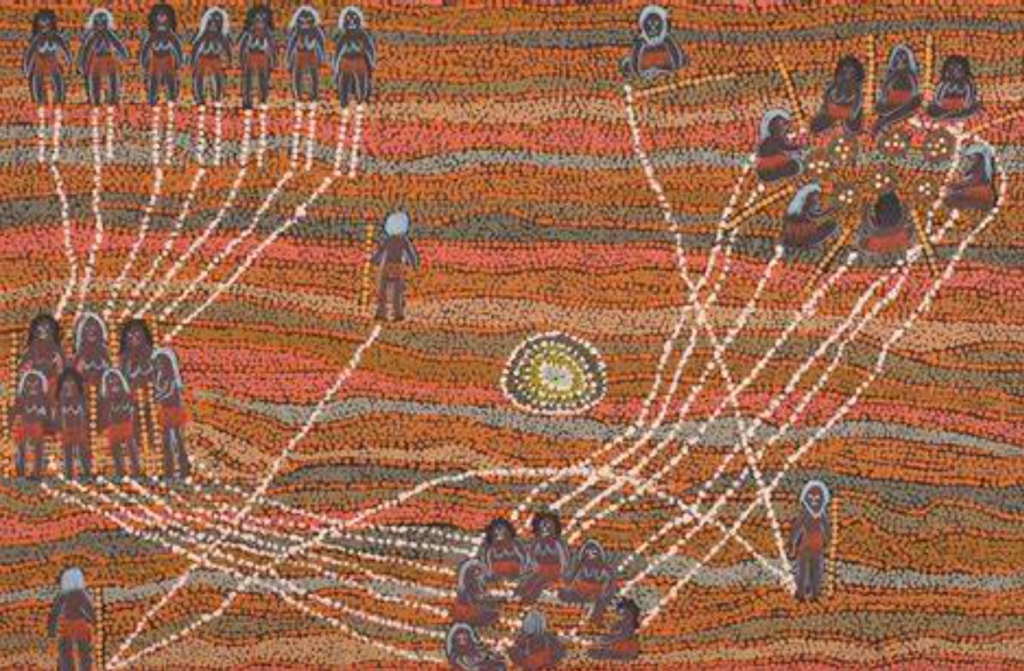
The rate of change in the cultural environment, especially the digital environment, has drawn a veil over reality. The digitally minded, the reductionists, would have us believe homo sapiens is evolving in response to these changes – becoming less human, more machine-like, 'transhuman' they tell us. I suspect something even more sinister is happening.
Sigmund Freud's nephew tells us exactly what is going on:
The conscious and intelligent manipulation of the organized habits and opinions of the masses is an important element in democratic society. Those who manipulate this unseen mechanism of society constitute an invisible government which is the true ruling power of our country… We are governed, our minds are molded, our tastes formed, our ideas suggested, largely by men we have never heard of… In almost every act of our daily lives, whether in the sphere of politics or business, in our social conduct or our ethical thinking, we are dominated by the relatively small number of persons…who understand the mental processes and social patterns of the masses. It is they who pull the wires which control the public mind. – Edward Bernays, Propaganda
As the familiar advice goes – when someone tells you who they are, believe them.
How then did they pollute the water?
Firstly they have taken advantage of our inability to contextualise, because we think linearly we fail to spot that the side effect of (manufactured) events is actually the intention. The propaganda of 'cause' obscures the nefarious machination.
For those with a more technical mind, Stafford Beer's concept, 'the purpose of a system is what it does' (POSIWID), provides us with some intellectual systems thinking foundations. However I don't think Stafford's idea picks up the darkness and coordination involved, so I'm running with the side effect is the intention (TSEITI):
Oh look, we inadvertently transferred trillions from all of you to the billionaire class as a result of bailing out the banks, locking the world down and concocting a fake climate crisis.

Modern Monetary Theory, Covid and Climate Change is the propaganda.
The wealth and power transfer is the intention.
Oops, all the young orthodox Christian men have been killed in the defence of Ukraine. Defending democracy in the most corrupt country in Europe is the propaganda. The meat grinder was the intention all along.
Oh dear, we've triggered a cancer crisis via those safe and effective gene therapies we didn't force on several billion people. A supposedly deadly 'virus' in 'pandemic' was the propaganda. The opportunity to fleece you for more unsafe and ineffective pharmaceuticals was the intention all along. At the time of writing it is starting to look like the intention may even be considerably worse than just mere theft as the excess death toll rises inexorably in highly vaccinated countries
The climate propaganda is particularly nefarious; the corporates spend several generations polluting the planet then pass the blame to you for driving your car, heating your house or taking a holiday.
Almost every significant historical event over the last century and a half or so becomes clearer when looked at through the side-effect-is-the-intention lens. WW1, WW2, the Russian Revolution, what were the outputs of these events? What was the propaganda that ensnared people? Why did hundreds of millions of people die? If I had the time and patience this list could be book-length. I'll leave you to work out the intention of your favourite raft of bullshit.
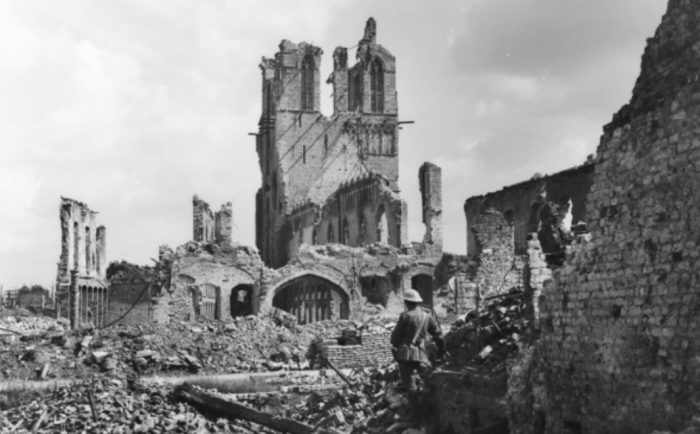
So what is it that is truncating our attention span, destroying our ability to see in context and to act in good conscience? In the broadest sense the enemy is media, the more digital, available and addictive this media becomes the worse it is.
And of course we are now all addicted to the crack cocaine version of media. The internet and all its bastard sons, social media, smart phones, google, fucking phone cameras, ear buds, sat nav and every smart dumb thing that keeps pulling us back to the glass vampire.
Jonathan Crary in his excellent book Scorched Earth:
"Near the end of his life, in 2007, Jean Baudrillard observed that the logic of Western modernity required that it be imposed on the entire world, that no peoples or places should escape its demands. The West, he writes, exports its economic and cultural models everywhere in the name of universality but it is a nullifying universality, emptied of any truths, leaving in its wake all that has been de-sacralized, unveiled, objectified, financialized.
"It is a challenge to the rest of the world 'to debase themselves in their turn, to deny their own values … to sacrifice everything by which a human being or a culture has some value in its own eyes.'"
The internet is the ultimate hypnotist, the purveyor of propaganda in its purest form, the creator of this decontextualised world. Your true consciousness is analogue, there is no algorithm running your mind. This is the basest of all propaganda lies. The origin of consciousness remains a mystery. All speculations of computational-like function require an even bigger leap of faith than dragging God into the debate. "Computation" is the phlogiston explanation of consciousness.

The side effect of digitising the world is to sever you from your analogue conscious mind. The truth is that relationships, time, value, purpose, experience, sacrifice, humour, love, consciousness, and the sacred are irreducible to algorithm or anything else. And everybody knows this. Meaning precedes reason.
We don't need to worry about artificial intelligence so much as we should be wholly concerned with the 'artificialising' of intelligence.
Once the world is digitised, behaviour is driven from the outside. The lie they sell you is that your unconscious desires are driving your behaviour. Bullshit, it's all propaganda: fear porn, actual porn, manufactured crisis, the science, climate malarkey, nudges, lies, trickery, deception, politics, debt, consensus, tv, Netflix, social media, education, race, employment, news, suggestion, hypnotic repetition, drugs – legal and illegal, atheism, bad parenting advice, academia, institutional subservience, centralisation, new age mumbo-jumbo, the internet, trans, psychological conditioning, behavioural science and war. All lies. Everywhere.
"The loss of memory by a nation is also a loss of its conscience" – Zbigniew Herbert
How do we shake ourselves from this hypnotic trance, how can we wake ourselves up? How can we remember what we really are?
The writer Barry Lopez tried to live his life as a 'Continuous respectful attention to the presence of the Divine'. Theodore Adorno said 'Das Leben lebt nicht' – Life no longer lives. I think he meant us. Rilke said 'Du musst dein Leben ändern' – You must change your life.
Is there anything more astonishing than waking to the morning, the slow wheel of the universe turning silently? I heard a Black Redstart while walking in the forest yesterday. It shouldn't have been there. Too early in the season. Switch everything off, it said. Switch everything off. Du musst alles ausschalten – You must turn everything off.
The ladder out of the sea of propaganda is an intense interaction with the sublime. Sublimity is pure context, it is absolute consciousness. Have you ever woken in the early hours, a storm raging outside? Have you been moved to absolute silence by the beauty of a sunrise or sunset? Can you put your phone down for long enough to become that moment yourself? This can only take place in the absence of artificiality.
Complete disconnection is the only answer. We must turn the internet off. If this sounds too radical please tell me what your freedom is worth, what your soul is worth.
I think we can all sense something: like music from very far away or the light from a JMW Turner painting. Something like a memory not made yet or the warmth from a log fire when you walk in from the cold. Something calling your very soul: 'come home, come home', it whispers, 'this isn't the life you intended'.
Listen. The old world is waiting for you, 'still spinning its one syllable between the earth and silence'.

17 Apr 2024 | 10:14 am
3. Good Cities, Good Citizens, and Good People (Revolutionary Aristotelianism Part 3)
by W.D. James
A modern-day warrior
Mean, mean stride
Today's Tom Sawyer
Mean, mean pride
Though his mind is not for rent
Don't put him down as arrogant
His reserve a quiet defense
Riding out the day's eventsi
– Rush, Tom Sawyer
Aristotle had begun his Politics with the assertion that human activity is aimed at what is at least perceived to be good. As that work develops, it becomes clear that Aristotle's activity is itself an example of his principle: he is interested in uncovering what constitutes the good of cities, of citizens, and of people.
Good Cities
He sets out to create a basic typology of the possible forms of government or of how political societies may be constituted. We can imagine this in the form of a chart with two axes. The first axis is based on a strictly empirical observation: how many people rule?
| Rule by how many? |
| One |
| Few |
| Many |
He distinguishes between rule by one person, a few people, and by many people. The other axis is the fundamental normative distinction between whether it is a good government or a bad government, or as Aristotle puts it, between a true or ideal rule on the one hand or a perverse rule on the other.
| Normative Distinction | True or Ideal | Perverse |
What is behind this moral distinction of ideal vs. perverse rule? As we saw in the previous essays, the life of a city is one of sharing or community. Further, the proper aim nature has prescribed for life in community is the 'common good'. This is the basis of Aristotle's moral distinction: true or ideal forms of government are those that are genuinely seeking the common good; perverse forms are those that seek only the good of those ruling, at the expense of the polity at large (hence they pervert the natural order of things).
We start to 'fill in' the typology by starting with the 'perverse' side of the normative axis:
| Rule: | True or Ideal | Perverse |
| One | Tyranny | |
| Few | Oligarchy | |
| Many | Democracy |
One person ruling in their interest at the cost of the whole is termed tyranny. Aristotle, observing the various polities of his world (but seems it would hold equally true of the polities of our world), held that the fundamental conflict in all polities was between the rich and the poor. Oligarchy is the few rich exploiting the rest of society. We might be a little shocked that Aristotle places democracy on the perverse side of the table. In his view though, this represents the many poor having attained supremacy in a polity and ruling in their class interests, which is also not the common good.
We can finish the picture by filling in the true or ideal column:
| Rule: | True or Ideal | Perverse |
| One | Monarchy | Tyranny |
| Few | Aristocracy | Oligarchy |
| Many | Polity | Democracy |
True rule by one person, in the interests of the whole, earns the title of monarchy. Government by a few virtuous people in the common interest is an aristocracy. What of this oddly named true rule of the many? Aristotle simply calls it polity, or government, per se. It is different from the prior two true forms in that it does not rest primarily on the virtue of the rulers, though it will take care to instill virtue in the citizenry. It is a product of political art or skill. For Aristotle it is achieved by crafting the constitution so that the power of the few rich is balanced by the power of the many poor: both may still act in partisan fashion to achieve their class interests, but the constitution is balanced in such a way that the outcomes will balance their interests, producing good, common, results.
Any of the forms of government in the left column technically constitute 'good government' in that they succeed in pursuing the common good. Also, Aristotle does not think any one form of government is possible in all circumstances and also those circumstances will determine what form of government is called for. For instance, the ancient Spartans needed to reform their polity. It so happened that a very virtuous individual was at hand to govern for them, so they did well in asking Lycurgus to legislate for them. However, he does seem to think that polity is a flexible and versatile form of government that can be serviceable under many different sets of circumstances.
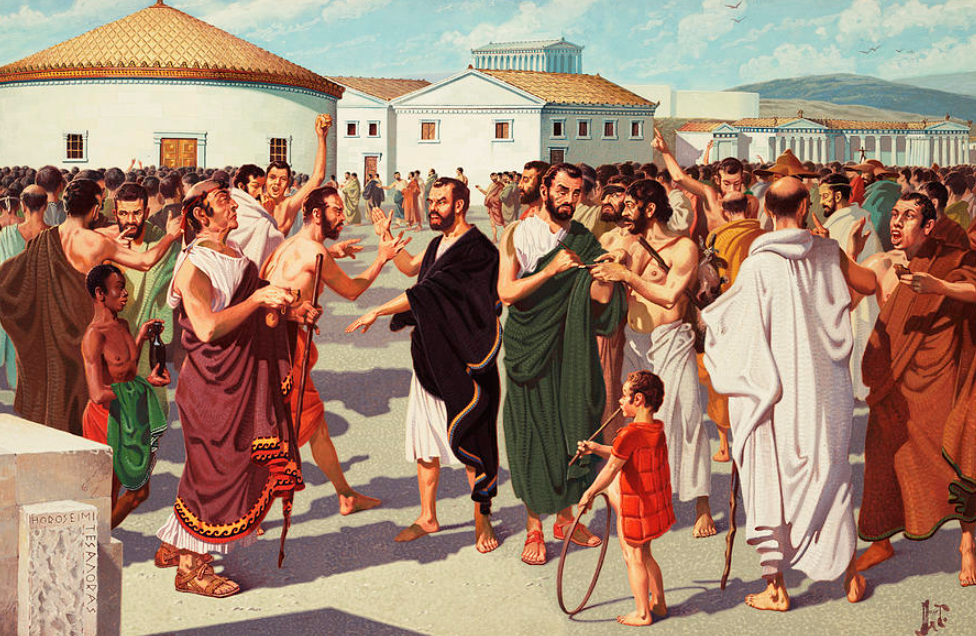
Good Citizens
Aristotle does not take the concept of 'citizen' lightly. He recognizes different polities will look on it differently and define who is a citizen more or less broadly. However, since government serves a role in helping us achieve good lives, one would need to actually participate in governance to fully receive all those goods. Hence, "The citizen in this strict sense is best defined by the one criterion that he shares in the administration of justice and in the holding of office."ii
We start to see more why Aristotle saw the relatively small city-state as ideal. He holds that any sort of passive citizenship, citizenship that just consists in being ruled, is not adequate. He held that to become fully developed human beings, citizens needed to learn how to obey and how to rule. He felt age was a natural basis for this distinction. The young and inexperienced should learn to obey. It should be noted that this is not a submissive or oppressive obedience. They should learn to obey so that they might learn to rule. Children should obey their parents, students their teachers, etc… However, the role of the people on the top of those hierarchies is to equip the subordinate to take on their responsibilities and exercise authority in the future. Then, when they are older and have come into full intellectual and moral stature, they should rule: that is, they should participate in the administration of justice and the holding of offices.
It's a participative view of citizenship. In administering justice, one develops one's moral awareness: what is just and unjust, how to apply that to particular cases, what is the objective of punishment, how should goods be distributed in the community, how to distinguish between just and unjust wars? And one should take on the responsibilities of governing, of administering to the common good. One who does these things will grow in goodness according to Aristotle.
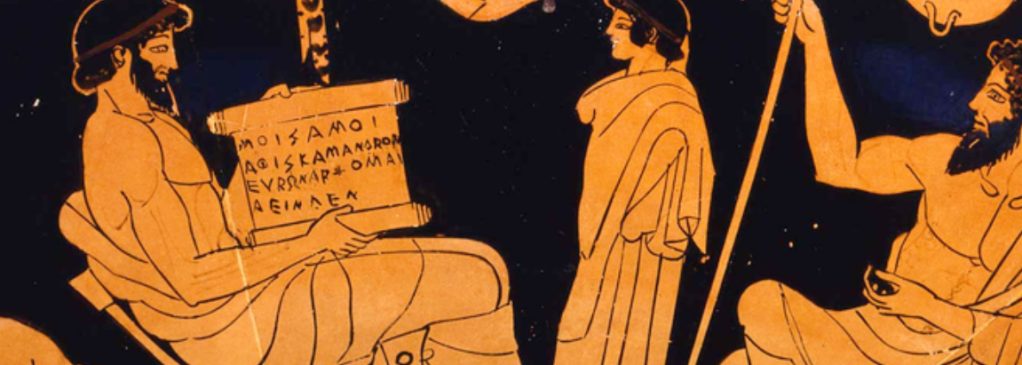
Good People
Good cities are good because they produce good and happy people. Aristotle, like most classical writers, pays a good deal of attention to the role and character of education in the maintenance of a good polity. It is worth noting that he is, as far as I am aware, the first proponent of public education: education at public expense. The broader the base of the citizenry the broader the number of people who need to be well educated. The city cannot afford to have its citizens govern poorly because they were too poor to afford an education.
But what counts as a good person? Aristotle observes: "Anyone who is going to make a proper inquiry about the best form of constitution [meaning the overall structure and institutions of a society, not particularly a written constitution] must first determine what mode of life is most to be desired."iii In his account of his teacher Socrates' trial, Plato (who was in turn Aristotle's teacher) reported Socrates admonishing his jurors and fellow citizens that they made the mistake of valuing exterior things like wealth and prestige above the "care of your souls". He said this was a case of putting the lower above the higher because the possession of a virtuous soul would help bring about external goods, while the possession of external goods does nothing to improve the virtue and health of the soul. A rich but foolish person is just a schmuck (Yiddish had not developed as a language by Socrates' time, but if it had, I'm sure he would have made liberal use of Yiddish terms). Directly paralleling this, Aristotle states "You can see for yourselves that the goods of the soul are not gained or maintained by external goods. It is the other way around."iv
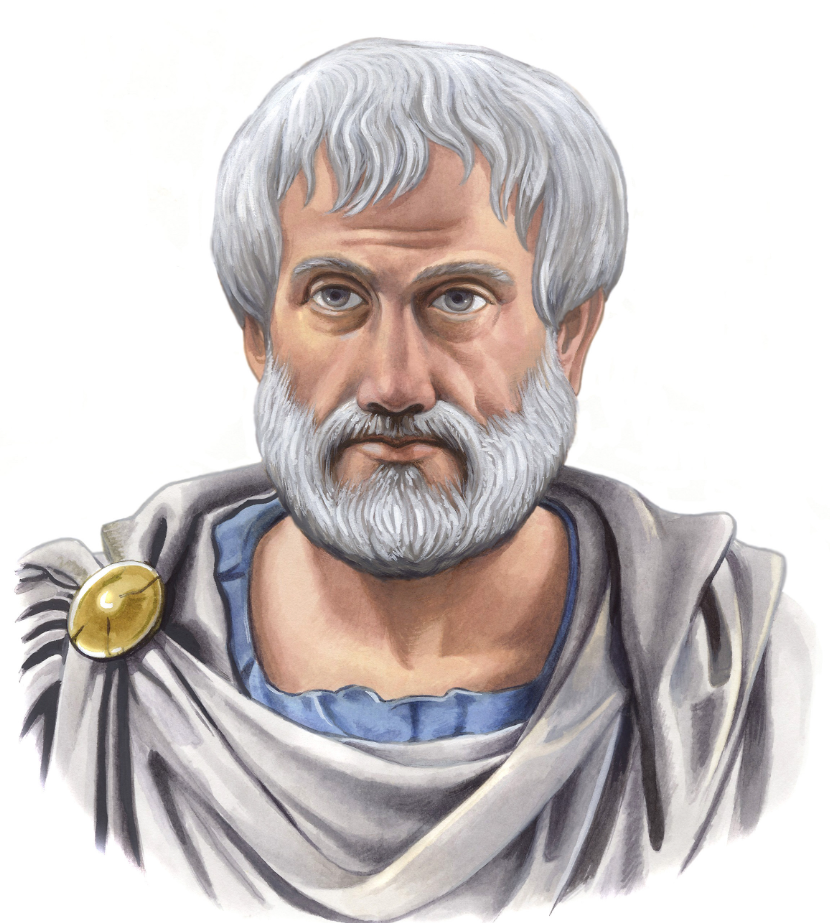
Aristotle deduces from this that the essential thing is to develop one's character and soul. Of external things, one needs a sufficiency, but to continue to put effort into increasing external good is probably to shirk the internal. So, we want citizens to value the right things and strive for those. Aristotle believes, then, that the city should also follow the same set of priorities. Externals in this case would be things like acquiring colonies, military ventures, etc…. The city must make provision for these, it should not be a sheep amongst wolves, but there is a strict limit. It should instead focus on developing its internal goods like its culture and the development of citizens.
To do so, individually or socially, is, on Aristotle's reckoning, to become god-like. Aristotle's god is rather peculiar. He is certainly not a 'personal god' either in the sense of having a personality or of relating to humans (or anything else for that matter) on a personal level. He is the "unmoved mover" whom Aristotle feels compelled to deduce from the nature of nature. All things have a cause (or, well, four causes). So, if we were to hypothetically reason backward from all that is to what caused it, and then what caused that, and what caused that, we either end up with an infinite regress which makes no sense, or we have to say there was a first cause. Well, as any four-year-old would know, that provokes the question 'what caused the first cause?' Well, nothing because to be the first cause means there are no earlier causes. So, we have to have something that causes without itself having been caused: the "unmoved mover" (by which Aristotle means the uncaused causer).
He continues on: "God himself bears witness to this conclusion. He is happy and blessed, but he is so in and of himself, by reason of the nature of his being, and not by virtue of any external good."v Why is that? We have to look rather closely. God, by definition, was not caused. God then is the first cause of all else that comes about. God could not have been in need of anything because he is self-sufficient. Being self-sufficient, he might then set about to act (create) or not. That ancient Greek wonder that there is something rather than nothing is pulsing through Aristotle's mind here. God may well have just Been. But, as it turns out, God set things in motion; he Did. So, God must be happy and blessed because he lacks nothing; he is all he needs to be in and of himself. The externals, the stuff he set in motion, are not much of a concern to him: he does not need them.
Aristotle is suggesting that to become like this (to the extent we are capable of it) is the key to happiness. Focus on what you are more than on what you do or what you have. Be of such sure character that nothing much is going to 'move' you. We all know people more or less like this: they are legitimately self-assured. They know what they are made of because it has been tested. From this rock-like position, you may then set external things in motion. But they are not your ultimate concern.
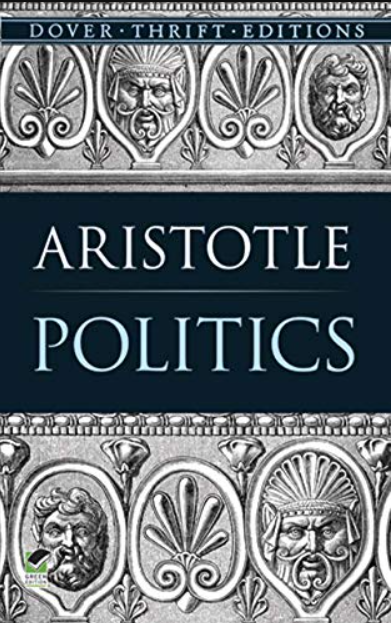
This is the distinction between the life of contemplation and the life of action. The life of contemplation, focusing on the interior, is superior. Hence, it is what the polis should aim at for its citizens. But, wait, that doesn't quite work! Hadn't Aristotle spent most of the Politics telling us how citizens, in their shared lives together working toward the good should be actively engaged in the administration of justice and the holding of offices? That's 'external' stuff. The 'life of action' stuff.
Aristotle gets that there is an issue here. He admits: there is a difference between a good 'man' and a good 'citizen.' There may be a lot of overlap, but they are not one and the same. Well, what the heck are we supposed to do—aim for being good citizens or good people? Aristotle offers no easy answers. We must live together, that is our nature, so we cannot say it is not good to be a good citizen. However, we are each a person as well and must seek our good (not our individual self-interested good at the expense of the social good, but the real good of an at least quasi-spiritual existence). They are different.
I'm going to be extremely speculative here, but that has never stopped me before. We know from Plato that what he taught to his students at his Academy was not what he wrote in his written works. They are not textbooks for his students. All his actual teaching was in the form of verbal dialogue with the students and we have reason to believe the doctrines developed and taught there were not exactly identical to the teachings of his written works. Aristotle spent 20 years studying with Plato before he went and formed his own school, the Lyceum. Either he was very dense (20 years to complete college) or he was very thorough. My guess is that Plato taught a whole lot about the teachings of his teacher, Socrates, to his students—way more than is written down in any book by any author we still possess.
From the little we know of the historical Socrates from the writings of Plato (again, probably way less than Aristotle would have known), he seems like a great model of how to bridge this gap between the good citizen and the good person. I will briefly recount three stories about Socrates that Plato recounts for us.
We are told of Socrates' life as a soldier. This was the epitome of citizenly duty. Socrates was apparently of middling economic status, as we know he was able to afford to outfit himself as a Greek hoplite. These were the heavily armed, well-disciplined infantry that was the backbone of any Greek fighting force. If you were rich, you would be in the cavalry so you didn't have to walk so much. If you were poor, you'd end up rowing a galley (well, mostly slaves did that) or being the sort of infantry who were completely expendable and almost as useless.
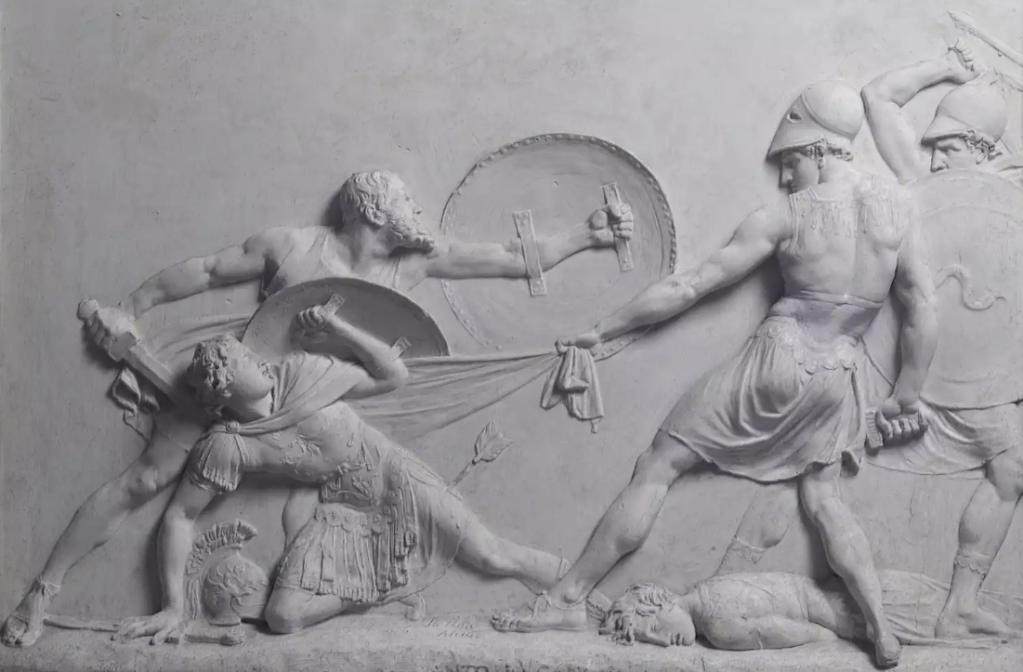
While on campaign, for instance, we know Socrates fought at the battle of Potidaea in the Peloponnesian war. Socrates was known as a good but weird soldier. We are told that he was very hardy, traveling barefoot and lightly cloaked, even in inclement weather. He was brave and did his duty. However, while on the march, he would sometimes stand motionless, lost in thought, for up to the better part of a day. That has the ring of self-possession first, then determined action when needed.
Secondly, Plato has Socrates tell us in his trial about how when he was ordered by the Thirty Tyrants (the hated quislings set up by Sparta to govern Athens after the latter's defeat), when it was his term to hold office, to carry out a sentence which he felt was given contrary to the law, he refused. He just didn't do it, at the risk of his own skin. In that case fate was on his side as the democracy was restored before the Tyrants could do much about it. Again, sort of a passive sticking to justice and the law at risk to oneself. Citizenship yes, but moral integrity (and even political integrity, as the orders were contrary to the law) first.
Thirdly, Socrates's trial itself. Having been convicted by 500 jurors of his peers (that is what democracy looks like), he refuses to back down and 'play the game' when it comes to his sentencing (hence, he gets death). He will not betray genuine justice. He lectures his condemners for their own good (the speech about the goods of the soul referenced above). The good citizen as martyr to integrity.
I would suggest that in Aristotle's mind, Socrates had navigated this gap between being the good citizen and the good man as well as it could be done. And yet, Athens killed its most valuable citizen. Ultimately, at the heart of political life is tragedy. The good of society and the good of individual human persons are not easily reconciled. The good person does their best as a citizen, but their ultimate loyalty lies higher. Wise cities would recognize the rightness of this. Very few existing cities are so wise.
Of Oligarchs and Good People
I think we know what it is to be governed by oligarchs. Aristotle helps us to understand where their perversity lies. Under such circumstances, the conditions for producing good citizens is not only limited, but actively undermined.
This is no light matter. We are political animals. To remove the opportunity for participative self-government is to damage our humanity. Yet, we may certainly strive to be good people living under a bad regime. To echo the lyrics of Rush with which we began, the good person's reserve harbors a "quiet defense." She may ride out the "day's events" as Socrates rode out the times of the Thirty Tyrants. But this is clearly a non-ideal situation.
In following essays, we will turn to the thought of the contemporary Aristotelian thinker Alasdair MacIntyre. He will help us focus our critical insights on the effects of our modern disorders and will suggest how we might go about recapturing something of a good community life as well.

i Alas, Rush was my first concert experience. A bit much Ayn Rand, but pretty solid tune: Rush – Tom Sawyer (Live Exit Stage Left Version) – YouTube
ii Aristotle, Politics, translated by Ernest Barker, Oxford University Press, 1998, p. 85.
iii Ibid, p. 251.
iv Ibid, p. 252.
v Ibid, p. 253.
15 Apr 2024 | 9:50 am
4. Clarity and focus
by Paul Cudenec
At the end of 2022 I brought out a 100-page booklet entitled 'Enemies of the People: The Rothschilds and their corrupt global empire'.
To be honest, I was a bit apprehensive about publishing it, as I knew that it would probably lead to me being labelled not just a "conspiracy theorist" but an "anti-semite" as well.
This did actually happen, despite my insistence right at the start of the booklet that "I am not singling out the Rothschilds because they are Jewish, but rather in spite of that fact".
Before publishing it, I made very sure that I was completely certain about everything I stated.
I was confident that I had marshalled enough facts and reliable historical analysis to demonstrate the reality of the very disturbing situation that I presented in the final section:
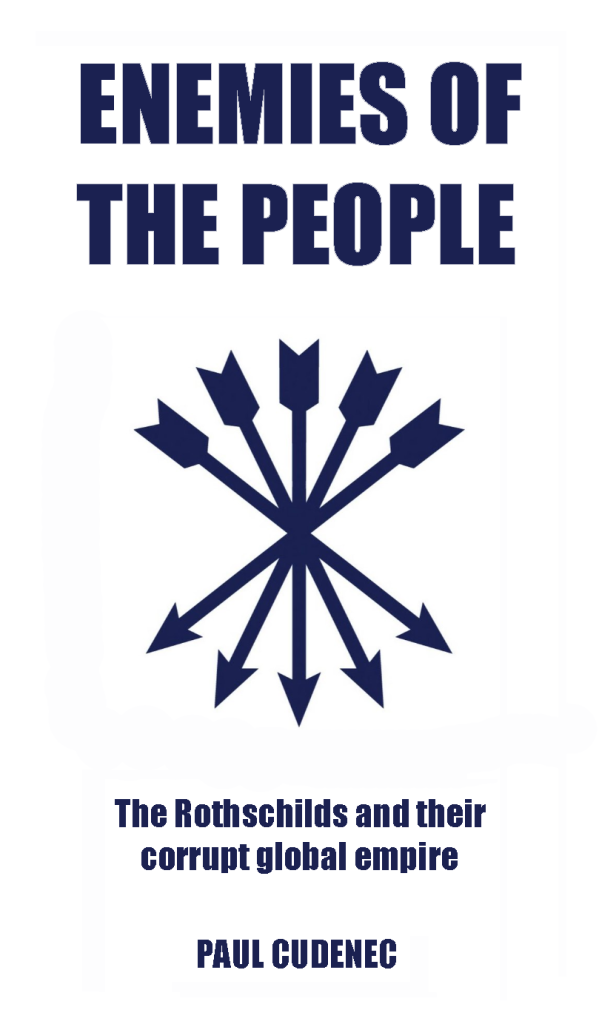
"The Rothschilds have, as I have shown, amassed vast wealth at the expense of the rest of us, consistently put themselves before others, profiteered from war after war, grabbed hold of industrial infrastructure, exploited humanity, destroyed nature, corrupted political life, used royalty for their own purposes, privatised the public sector, imposed their global control in a secretive manner and now imagine that they can dictate our future, confining us to a miserable and denatured state of techno-totalitarian slavery".
Nothing I have seen or heard since then has cast any doubt on this conclusion.
In fact, I have merely come across further nuggets confirming the central role of the Rothschilds in the global criminocracy, such as in my November 2023 dive, sparked by Ben Rubin's work, into the sinister world of 'Tony Blair and the Rothschilds'.
Independent journalist Sonia Poulton brought out an excellent video report on the same subject at around the same time.

Incidentally, the strange political continuity between Margaret Thatcher ("Conservative") and Tony Blair ("Labour") is easier to understand when you discover the closeness of both British politicians to the Rothschilds.
With regard to the former, the Bloomberg obituary of Evelyn de Rothschild declared: "His friendship with Margaret Thatcher – British prime minister from 1979 to 1990 – helped the bank win the job of lead underwriter in the sales of shares in stateowned companies such as British Gas Plc and British Petroleum Plc".
Somebody has kindly pointed out to me that Rothschild involvement in planning the privatisation-by-stealth of the NHS is mentioned in the 2022 documentary The Great NHS Heist (8 minutes in).
I have also stumbled across a couple of references to the Rothschilds in the writing of respected anarchists from previous centuries.
I quoted Mikhail Bakunin's comments about the compatibility of Karl Marx's viewpoint with that of the Rothschilds in 'The false red flag'.
And I was also interested to find this quote from the Italian anarchist Errico Malatesta:
"Today, government, consisting of property owners and people dependent on them, is entirely at the disposal of the owners, so much so that the richest among them disdain to take part in it. Rothschild does not need to be either a Deputy or a Minister; it suffices that Deputies and Ministers take their orders from him".
Anyone who imagines that this is no longer the case today, and that the Rothschilds somehow lost the vast power they once wielded, has been fooled by their sophisticated self-concealment.
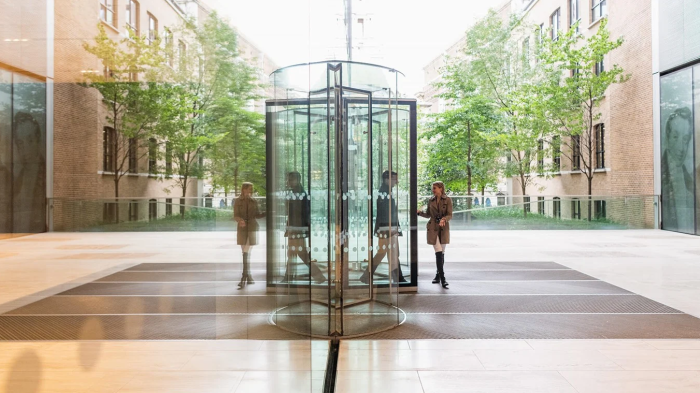
The same goes for people who are aware of the role of the Rothschilds but who imagine that they are just one of several big powerful families and are on even footing with the likes of the Rockefellers.
I am not alone in my conviction that other billionaire clans have for many decades now been subsidiary to the Rothschilds.
One suggestion, often encountered on Twitter/X, is that the Rothschilds are in fact just a front for an even murkier network of old European artistocracy linked to the Roman Catholic Church.
My doubts regarding this particular theory have led to one or two strange accounts getting quite angry with me, accusing me of being "controlled opposition" and, by focusing on the Rothschilds, "diverting attention" away from the "real" rulers of the world, whom they never seem to actually name.
I feel this issue has now been satisfactorily cleared up by events in Gaza – or rather by the lack of humane reaction to events in Gaza by governments across the world.

It is obvious, from the carte blanche given to Israel for its genocidal activities, and from the smearing of anyone daring to speak out against the bloodbath, that the global criminocracy is aligned with Zionism and Israel.
This remains true even if, as seems possible, US/European complicity with these crimes is intended to facilitate the transfer of global geopolitical power to the BRICS-dominated "multipolar" version of the New World Order.
No family is more closely associated with the Zionist/Israeli entity than the Rothschilds.
The Balfour Declaration of 1917, in which Britain expressed the intention of helping to create a Jewish state, was actually addressed to Lord Rothschild and, as Ben Rubin explained on UK Column in March this year, Yad Hanadiv, the Israeli version of the Rothschild Foundation, was "the funding vehicle behind the design and build of the Israeli Supreme Court and Knesset, and was intimately involved in the establishment of the Israeli state".
Since the global criminocracy has revealed itself to be clearly Zionist, the fact that the Rothschilds are so dominant within Zionism constitutes, by itself – even without all the rest of the copious evidence pointing that way – confirmation that they are likewise the dominant force within the global criminocracy.
To be clear on this point, this does not mean that "the Jews" control the world. Most Jews control nothing at all beyond their own personal lives, just like the rest of us.
It is important to very specifically refer to the Rothschilds in order to avoid a merging of the notions of Rothschildian power and "Jewish" power which only helps the Rothschilds to hide their own responsibility behind a fog of anti-semitism, whether real or merely alleged.

Simply to talk about the Rothschilds – about what they have done, what they are doing and what they plan to do – is to start challenging their activities and their dominant status.
Their system only works through the unsuspecting complicity of millions of people who don't realise what masters they are ultimately serving.
Because of this, the Rothschilds don't want the extent of their influence being generally understood, preferring us to focus on the activities of particular individual puppet-politicians; on "rival" nation-states or power blocs within their global system; or on the various ideologies – "capitalism", "communism", "fascism", climate-based "environmentalism" – that all prop up the state-industrial "development" agenda essential to that system.
The flood of "hate" laws being introduced across the world, seeking to prevent so-called "online harm", is, I suspect, largely a response to growing public awareness of the nature of the criminocratic system.
They're worried that we're on to them and will refuse to go along with their nefarious plans.
In the 19th century, when the Rothschilds took less care to conceal their wealth and power, they were met with not only written but physical attacks from angry people – particularly in France.
During the 1848 uprising there, insurgents targeted the industrial rail infrastructure with arson and sabotage, particularly the Rothschilds' massive Nord network – a section of their line near Paris suffered more than a million francs of damage – and a Rothschild chateau in the Parisian suburbs was set on fire! [1]
And in 1895 a home-made letter bomb was sent to a Rothschild address in France, prompting The Times in London to comment: "An Anarchist outrage on one of the Rothschilds is not greatly to be wondered at. In France as elsewhere they are so wealthy and hold so prominent a place that they stand out as the natural objects which Anarchists would seek to attack". [2]
Rothschild offices have also been targeted on several occasions by the Gilets Jaunes (Yellow Vests), a 21st century popular insurgency that brought so much hope to so many of us from 2018.
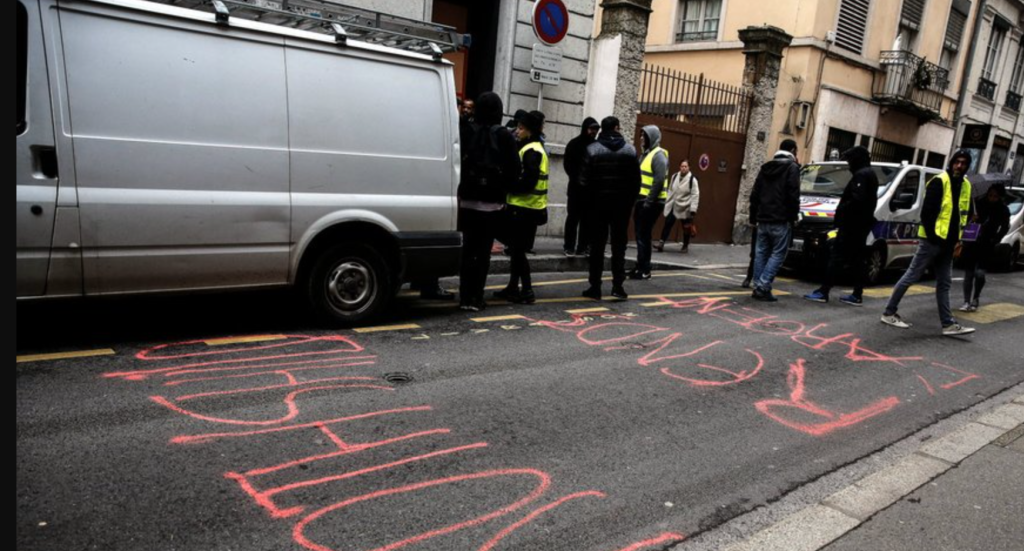
In 2019 protesters wrote: "Rothschild! Give the money back!" on the road outside the bank in Lyons.
Then in April 2022 a group of Gilets Jaunes walked into the Rothschild premises in Paris and denounced the role of President Emmanuel Macron in a big-money deal involving Nestlé and Pfizer, while he was (openly, at the time!) a Rothschild employee.
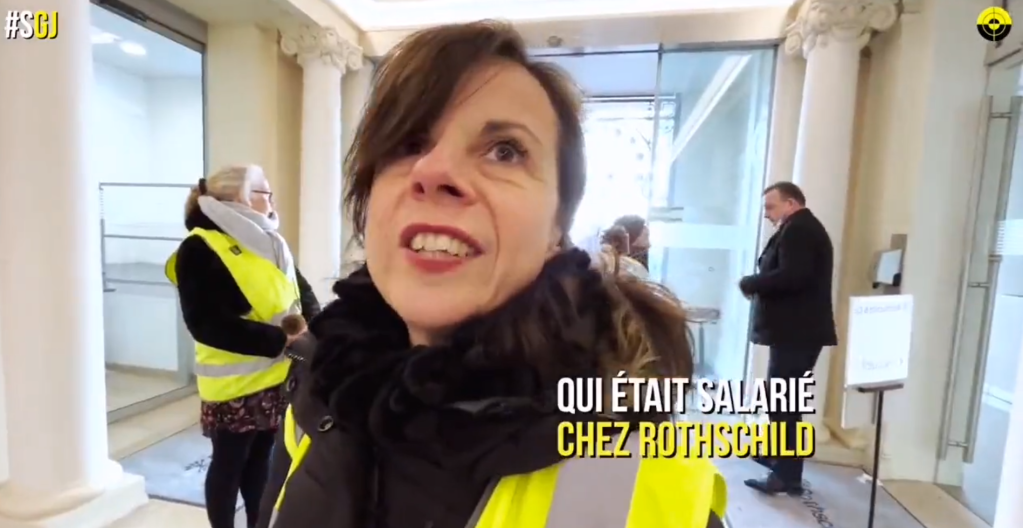
It would be encouraging to see similar actions happening in the UK, whether at Rothschild HQ, New Court in London, or at Waddesdon Manor, the country mansion in Buckinghamshire (pictured below) used by the Rothschild Foundation for its secretive and undemocratic meetings deciding, behind closed doors, the future direction the country will be taking (see, again, the UK Column report).
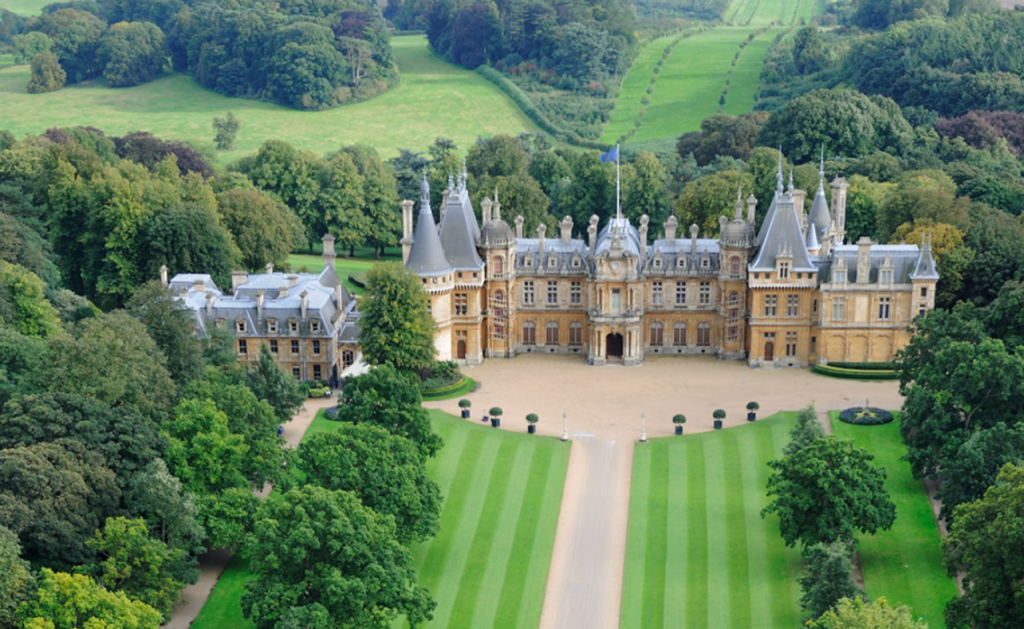
The idea of protesting at a country mansion isn't as outlandish as it might seem.
When I was still living in England, I was involved in a couple of protests at Wiston House near Steyning, West Sussex, which is home to Wilton Park, the secretive UK government venue that boasts: "We convene world-changing dialogues".
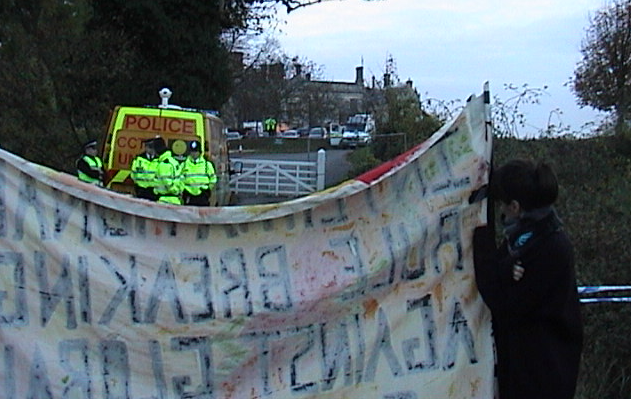
Just to give you a flavour, recent 2024 events have included "Towards 2030: Transformative actions and partnerships to deliver the SDGs" and "Building the enabling environment for Ukraine's economic growth: the role of its reform agenda".

I was also part of a huge crowd demonstrating outside a luxury country hotel near Watford when it hosted the 2013 Bilderberg meeting, yet another secretive gathering of the "public-private" mafia.


A fellow campaigner and I seized the opportunity to hand out leaflets and chat to people to encourage them to come to our Stop G8 protests in central London a few days later – an uphill struggle given the baffling mutual suspicion between two groups of people opposing different gatherings of the same global criminocracy.
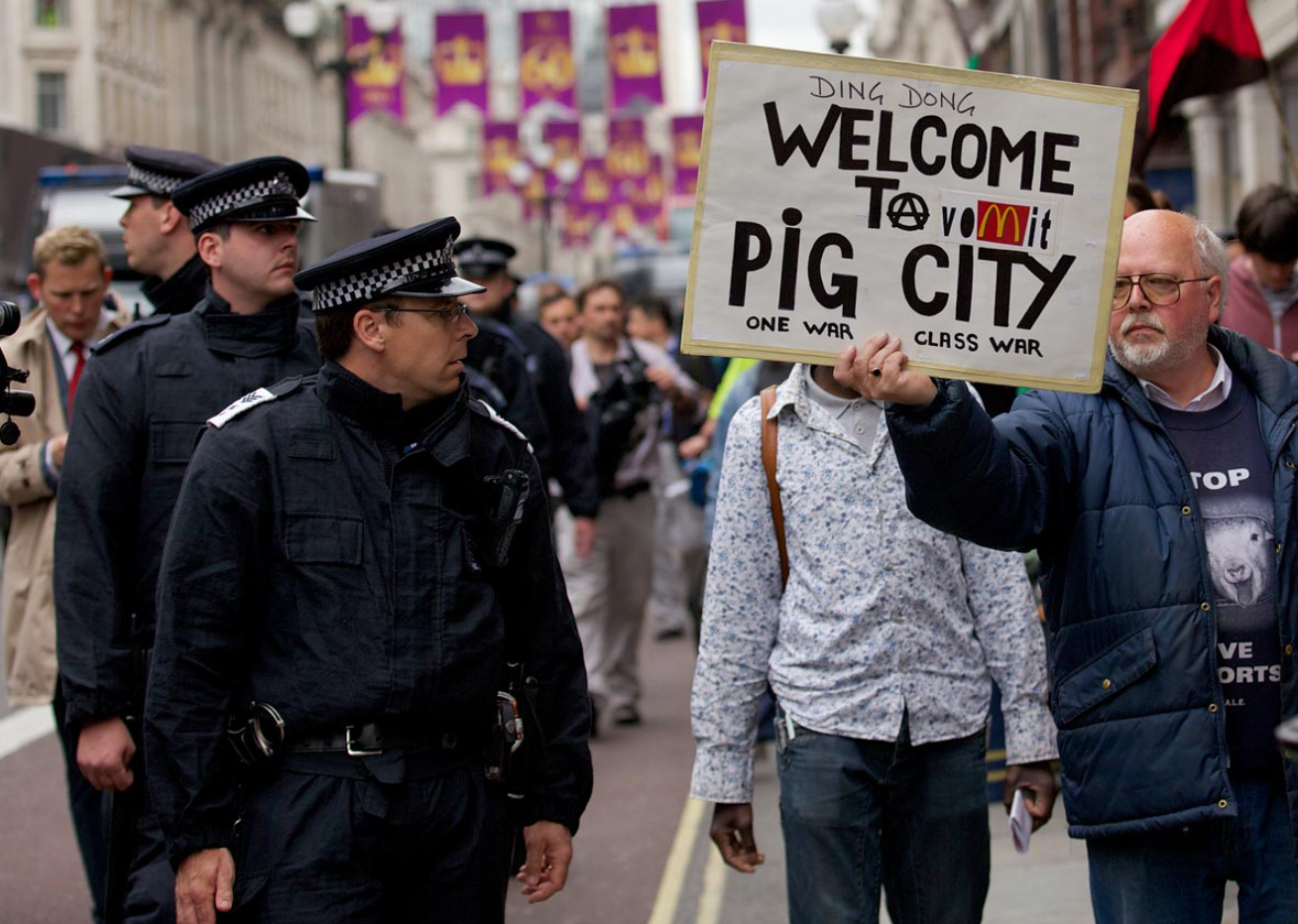
So what would be the focus, the "hook", of any future UK protests against the Rothschilds?
Reasons to oppose them are hardly in short supply – personally speaking, their role in fabricating and prolonging the First World War still makes me angry, 110 years on! – but what would be the one likely to attract most support?
I don't think we currently need to look any further than their aforementioned proximity to the Israeli state which is currently committing genocide in Gaza – and in particular their role in corrupting British democracy not just in the interests of their private business, but in the interests of a foreign state.
Quite a powerful wave of voices opposing Zionism and its insidious political influence is now emerging in the UK – I am thinking of the likes of David Miller, Peter Oborne, Asa Winstanley, Lowkey, Tom London, Craig Murray, Mark Curtis, Matt Kennard and Andrew Feinstein.
Importantly, in view of the smears that are always rolled out, many anti-Zionists are Jewish and their continuing involvement should be celebrated and encouraged.
Is it inconceivable that a protest movement against Zionism in general could start to home in on the Rothschilds in particular?

[1] Jean Bouvier, Les Rothschild (Brussels: Editions Complexe, 1983), p. 142.
[2] Niall Ferguson, The House of Rothschild: The World's Greatest Banker 1849-1999 (New York: Penguin, 2000), p. 271.
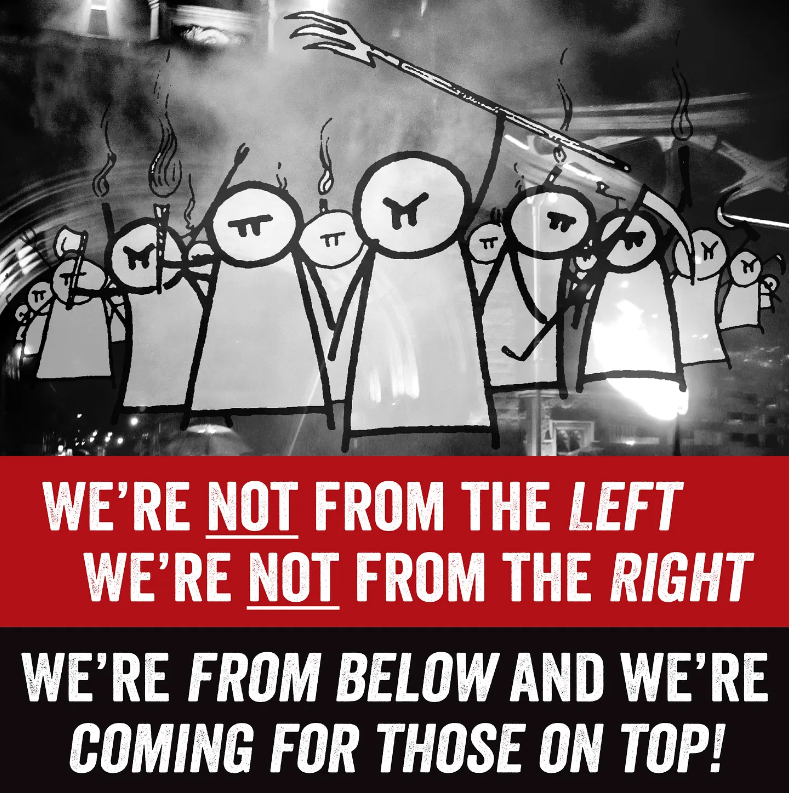
10 Apr 2024 | 10:01 am
5. The Coming to Be of Society (Revolutionary Aristotelianism, Part 2)
by W.D. James
We sang the songs of childhood
Hymns of faith that made us strong
Ones that Mother Maybelle taught us
Hear the angels sing alongi
– Will the Circle Be Unbroken, Roy Acuff's lyrical adaptation
For the duration of the classical period, the Greek philosophers were able to retain a marvelous appreciation for the bare fact of existence. Why is there something instead of nothing? Plato famously said that philosophy was born of wonder. Further, why is it that when we look about there's all these things? How do they come to be? The Greeks pretty much assumed some sort of primordial chaos (they were really not able to conceive of creation from nothing, a staple of the cosmology of the Abrahamic faiths). But chaos never remained chaos. It was mysteriously propelled toward order. A particular order might decay, and we might refer to that as chaos (a political society that devolves into civil war between competing warlords, for instance), but it's never full chaos. The Greeks could theorize full chaos, it would be right next door to non-existence, but we never really encounter it. It is a universe of things, not of chaos. Systems form (galaxies, solar systems, organisms, social systems). As we might say, complexity evolves.
For things to be things, and not just stuff, they have to take on form. There is the stuff things are made of, but then there is the form which makes the thing the discernable thing that it is (a dog, an atom, a beret). Plato is the archetypal philosopher of Being, of the form of forms. Aristotle is the philosopher of Becoming, of how the stuff becomes the things it becomes. As such, he is also the philosopher of the cause of social things—how associations come to be.
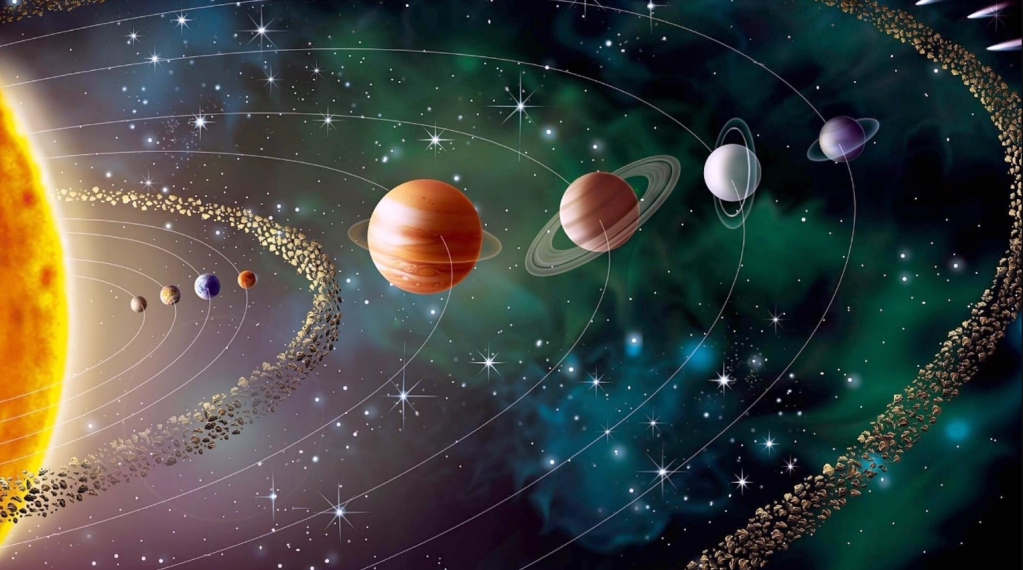
Causation
The Greeks can be wonderfully nuanced. To ask how (and for Aristotle, we may also ask why) something comes to be is to ask: what caused it? When we moderns answer this sort of question, it usually takes the form of: X did such and such, which caused Y to do such and such. What caused the 8 ball to drop into the corner pocket? The pool cue struck the 2 ball in such and such a way, which, operating under Newton's laws of thermodynamics, moved with a certain amount of energy, which upon striking the 8 ball produced an equal and opposite reaction such that the 8 ball travelled across the table at a calculable speed, dropping (due to gravity) into the pocket.
So, if we asked how a person sank the 8 ball, the account would look more or less like that. Similarly, if we are talking about the coming to be of biological organisms. Well, Ralph's mommy and daddy met and liked each other, and then something about birds and bees, supplemented with something about genetics, and then some stuff about wombs and birth canals and that is how Ralph came to be. Aristotle would say, 'yes, well and good. However, that account is ¼ of a full account of how something was caused to be and it's not even the most interesting quarter.'
On his account, whenever something comes to be, there are four types of causation involved, all operating simultaneously. The sort of accounts given above he termed 'efficient causation.' There are also 'material,' 'formal,' and 'final' causation. By material causation Aristotle meant what kind of material is involved (he wasn't an atomist and held to a qualitative view of different sorts of matter). By formal causation he meant what caused it to take on the form it did (by including genetics in the above account, we pulled in something like formal causation).

But the really exciting thing, and the thing that will make us twist our reductive modern minds to see it, is final causation. This sort of represents a chronologically backward form of causation. We might want to just say that can't be, but in a universe that (as revealed by modern physics) involves causation (or action) 'at a distance', which quantum mechanics and field theory have had to try to account for, maybe it's not too weird.
To try to get our heads around this, we will start with an account that is overly simplified and not really Aristotle's view, but which I think will help us get to a better account (rather tongue in cheek). We start with the example of the perennial philosophical puzzle: which came first, the chicken or the egg? Plato answered, 'neither; the abstract form or idea of the chicken came first.' Aristotle answered, 'the egg came first…..but it wanted to be a chicken.' That is, the chicken (which chronologically comes later), is the cause of the egg (along with the efficient, material, and formal aspects) in some real sense. The egg wants to be a chicken; its purpose (or 'end') is to become a chicken. Further, the meaning of the egg is found in its aspiration towards being a mature chicken.
The whole point of Aristotle's science, his account of causation, really turns on this inclusion of purpose and meaning. These are absolutely banished from consideration in modern science (we will see some of the ramifications of this toward the end of this essay). He is not going to give us an account of nature that is devoid of purpose and meaning, which has subjected we moderns to no end of angst, anguish, and nihilism.
However, I would suggest this is the substance of our 'common sense'. We talk all the time as if natural processes have a purpose and meaning. Even evolutionary biologists constantly slip into this sort of talk. 'The such and such snail evolved the ability to secrete a viscous substance to aid it in scaling vertical surfaces.' They will then correct themselves to get in line with natural selection via random mutation: 'I was only speaking metaphorically, of course it was an accidental mutation that just so happened to increase the snail's ability to ascend vertical surfaces, thereby adapting it better to its environment and enabling it to better survive, reproduce, and pass on that mutation.'
Further, Aristotle's naturalism includes a normative component. Let's see how. To cut to the chase (pun intended), thoroughbred horse fetuses have a final cause of becoming thriving thoroughbred horses (of course I use horses as the example, it's a Kentucky thing). For Aristotle, every living thing has an inbuilt propensity to become a fully developed, flourishing example of what it is. If all goes right it will succeed, if it goes wrong, maybe not. If Sally the Thoroughbred gets all the nutrition she needs, avoids illness and disease, and grows into maturity, she will invariably become a healthy adult thoroughbred (she will under no circumstances become a chicken, a toaster, or a palm tree). She will be strong, swift and well-tempered. We will say of her, 'she is a good horse' and anyone who knows horses will know what we mean. If something goes wrong along the way, she may become a bad adult thoroughbred. If we wish to spare her feelings, we will say 'she's an ok horse'. And we'll all know what we mean. The important thing here is that the (at this point non-moral) terms 'good' and 'bad' have an objective meaning and they are rooted in nature (the species nature of thoroughbred horses). We have an account of nature that is purposive, meaningful, and normative. Aristotle rocks!

Souls
To get just a bit more of Aristotle's theory in before we turn to the question of society, let's talk about souls. Aristotle says there are three basic kinds (if he prefigures Gaia theory, there would also be a world soul): plant, animal, and rational. Aristotle is a materialist, but his matter is infused with soul (psyche). You can't separate soul out from body such that it would make sense to talk about a soul living after death or anything like that, but soul and body, though always united in life (both eventually go away in death), are conceptually distinguishable. By 'soul' Aristotle basically means the characteristic pattern of life of a thing.
Plants, with their plant souls, grow and reproduce. That's pretty much it. Animals grow, reproduce, and move.
Critters with rational souls (and Aristotle also defined us as "rational animals") grow, reproduce, move, and worry about it. That is, their final ends (aim, purpose) become a subject they can contemplate and will have to make decisions about. So, when we set about worrying about what our purpose and aim are, Aristotle thinks our reason shows us the answer. He says it is to be happy. By 'happiness', he does not just mean pleasure. He means flourishing, to fully actualize the potential of our being.
Aristotle thinks this is the right conclusion because anything else we could propose doesn't turn out to be the final purpose. We might want money. Why? So that we can buy things, be secure, etc… It's not just to have the money, it's to have what the money can bring. Ultimately, because we think it will feed into our happiness. We might want power. Why? Similar story, it's not the power, per se, it's how we can use the power. Why do we want happiness???? To be happy. Ultimately, all the other things we might want, we want because they will contribute to our happiness. Hence, the final end of rational creatures is happiness. All that we do, all the goods we seek, are because they will (or we think they will) contribute to our happiness. Further, to fill out a theme from last time as well, we can better see what is the essence of our desiring: the love and longing for happiness.
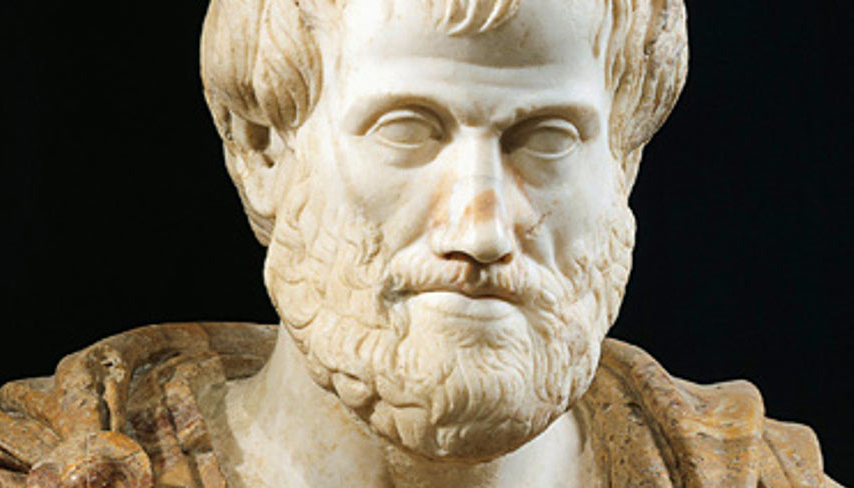
Characteristic associations
For Aristotle, at least when the question is about politics, there are three characteristic forms of association people engage in. As we saw last time, we engage in any of these associations because we believe they will help us achieve something good. We now have the objective criteria of that: they will bring us more happy, more flourishing, lives.
The family
He begins his discussion of forms of association: "In this [the study of political association], as in other fields, we shall be able to study our subject best if we begin at the beginning and consider things in the process of their growth. First of all, there must necessarily be a union or pairing of those who cannot exist without one another. Male and female must unite for the reproduction of the species – not from deliberate intention, but from the natural impulse, which exists in animals generally…".ii
Hence, of necessity, we have families. How so of necessity? You don't get humans to go about associating in any other ways unless you have humans associating in the reproductive way. It's important that Aristotle notes that this might not be our intention with forming a family, but it is nature's intention. Nature has its ways. Families will be formed. Humans just keep doing it, here, there and everywhere. For Aristotle the empiricist, that's the natural story then. The efficient cause is something like the story told above about Ralph. The material cause is male stuff coming together with female stuff. The formal cause is that a structure capable of reproducing, nurturing, and bringing to maturity children will take shape. That will look different in different placesiii, but any place that succeeds in replicating itself with new humans will have a version of it.
The final cause, or purpose and meaning, is to reproduce the species (we might have all sorts of other goods we are seeking as well, sexual satisfaction, intimacy, economic security, whatever, but what Aristotle sees nature doing is keeping the species going). Further, we will seek these out because we believe they will contribute to our happiness. But our happiness, flourishing, is not complete in the family.
The village
Families are not self-sufficient. Therefore, they are not the highest or last form of human association. Our society must continue to grow. "The next form of association," he continues, "which is also the first to be formed from more households than one, and for the satisfaction of something more than recurrent daily needs—is the village."iv He goes on to explain that we form villages that we might live well, by which he basically means materially. We will have greater security, we can work with others, possibly trade a bit, maybe specialize a little bit—live better. In terms of the efficient cause of villages he recounts several ways in which villages spring up from the associating of several families. The material cause is families. The formal cause is the basic form of the village which does not vary so much from Croatia to Siberia to Ghana. The final cause is the living well objective, the betterment of our material lives through shared endeavor.
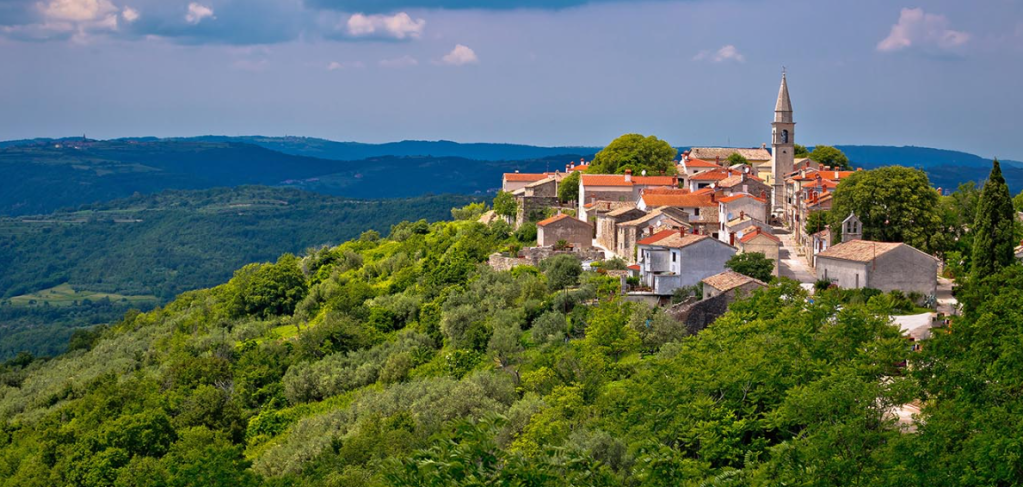
The polis
Aristotle continues: "When we come to the final and perfect association, that formed from a number of villages, we have already reached the city [or polis]. This may be said to have the height of full self-sufficiency; or rather we may say that while it comes into existence for the sake of mere life, it exists for the sake of a good life."v The efficient cause is the villages in proximity to one another joining together. The material cause is the villages. The formal cause is the structure of a city. The final cause he says is the "good life". He means something quite different by this than by "living well" in a village. While a city might further the security and cooperation present in the village, it adds a qualitatively different element. We are now in the area of goodness, or morality. In addition to other things a city will afford us, it allows us to reason with one another about Justice. We will have to collectively decide how we are going to live together. What will be permitted and what not? How will responsibilities and rewards be distributed? What is owed to whom? Why be just? — so that we may be happy.
In political terms this manifests itself in the norm of 'the common good,' which we will look at in more detail next time. It also means that together we govern ourselves. Here is where our communal moral lives are integrated into the overall human aim: flourishing lives that have developed all of our innate potential such that we may be fully happy. This is the sense in which the city is self-sufficient: it is the smallest entity in which we can be fully and gloriously human. As political animals, the city has drawn us along from seeking mere life, to living well, to living good lives.
Ah, bigger is better then for Aristotle? To a point. To the exact point of the self-sufficient city-state composed of several villages. And beyond that? Beyond that, you might secure the goods of social life to some extent (the Roman empire is probably more secure from foreign invasion than just the city of Rome would have been). However, you start losing aspects of goodness quite quickly. No longer can all the citizens participate directly in the rational pursuit of justice together; more and more people are just subjects, who will not actualize the goods of political association and, hence, fail to fully develop their human potential as well.
Also, we might note that there are a plethora of other associations for Aristotle, but they are not expressly related to the city. We form friendships, canoeing groups, organized crime syndicates, and all sorts of other things to try to obtain various perceived goods. When we get to MacIntyre, he will be more interested in this wider array of associations.
Banishing final causation
The thinkers who initiated the modern project, such as Thomas Hobbes in theorizing the modern state and René Descartes (the guy who doubted everything except that he was thinking) in theorizing the modern self, quite overtly and forthrightly set their philosophical sights on Aristotle.
This is usually presented as a story of liberation from the intellectual constraints of 'scholasticism.'vi Is that really how things worked out though? Essential to their task was especially to banish any conception of final ends. You see, those imply a human nature and an objective human good and have vast implications for our social lives. I will not have time to unpack all of this, but the medieval theorists had deduced from Aristotle's conception of 'the common good' all sorts of moral constraints on individuals' pursuit of their individual goods at the expense of the shared common good. Things like restraints on lending money at interest, rents, property rights, etc…, etc…
A slightly suspicious person might suspect the moderns were looking to undercut society's defense of the common good to free up some particular set of people's pursuit of their individual goods.

i A performance by the Nitty Gritty Dirt Band, with Roy Acuff, Johnny Cash, and others: Nitty Gritty Dirt Band – Will the Circle Be Unbroken [Live] – YouTube
ii Aristotle, Politics, translated by Ernest Barker, Oxford University Press, 1998, p. 8.
iii Aristotle is a master of seeing and admitting the validity of a diversity of options, and also of seeing what they might have in common. When he says, as he does at the beginning of the book, that we should 'observe,' he means it. He looked over the whole world known to him for examples of different political constitutions, different ways a society could be organized. His student was Alexander the Great. As Alexander set about conquering the known world, he continually sent Aristotle back examples of plants and animals, and accounts of cultures he and his army encountered, for Aristotle to study.
iv Op. cit., p. 9.
v Ibid, p. 10.
vi The medieval schoolmen, or scholastics as they came to be called, did become rather rigid. This was after the rediscovery of the thought of Aristotle. His works had basically been lost to Western Europe during the fall of the Roman empire and the 'dark ages.' Around the middle of the 12th century, European thinkers started to regain access to his thought via Islamic sources. Thomas Aquinas, father of all the scholastics, famously reconciled the thought of Aristotle (whom he simply and reverently referred to as 'The Philosopher') with Christianity. Perhaps unfortunately, those medieval monks were good logicians, so they got busy working out all the implications in great (and often boring) detail.
8 Apr 2024 | 9:04 am
6. The false red flag: a despotic dead end
by Paul Cudenec
We have seen how the Bolsheviks in Russia repressed the grassroots revolutionary movement and imposed a centralised authoritarian regime that declared war on small farmers and hitherto independent individuals, turning most of the population into powerless slaves to a giant industrial machine.
We have also learned that they were funded and assisted by the global mafia, which obviously stood to gain by creating a forerunner of the dehumanised totalitarian industrial prison camp which they are currently trying to build via their Great Reset or Fourth Industrial Revolution.
One question that still hangs in the air, however, is whether the Bolshevik example is really a fair representation of the communist philosophy as initially set out by Karl Marx.
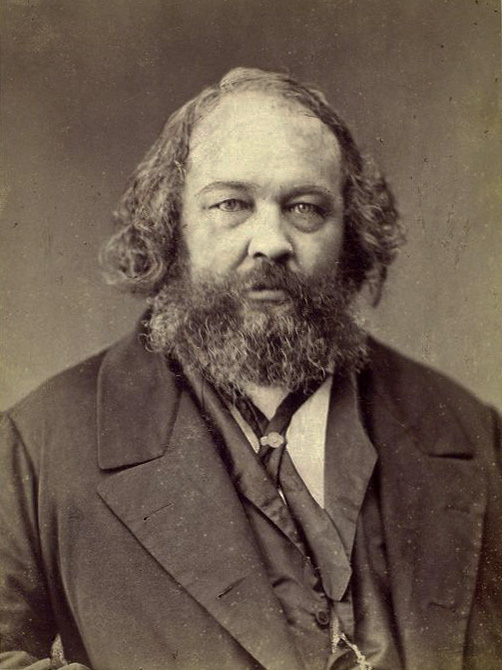
To address this matter, I will first call as a witness Mikhail Bakunin (1814-1876), the freedom-loving Russian revolutionary who was a one-time associate of Marx before falling out with him in a big way.
By the time he wrote the pamphlet 'Statism and Anarchism' in 1873, Bakunin had noticed the dangers lurking in the Marxist creed and astutely foresaw the nightmare that would be inflicted on his own home country when these authoritarian communists later came to power.
He warned: "They will concentrate all the powers of government in strong hands, because the very fact that the people are ignorant necessitates strong, solicitous care by the government.
"They will create a single State bank, concentrating in its hands all the commercial, industrial, agricultural, and even scientific production; and they will divide the mass of people into two armies – industrial and agricultural armies under the direct control of the State engineers who will constitute the new privileged scientific-political class". [118]
Two years previously, he had written in a letter that there was a connection between communism and big banks, namely that "the Communism of Marx seeks enormous centralization in the state, and where such exists, there must inevitably be a central state bank".
He commented: "I am certain that Rothschild for his part greatly values the merits of Marx, and that Marx for his part feels instinctive attraction and great respect for Rothschild". [119]
In 'Statism and Anarchism', Bakunin also pointed to the Marxists' determination that "on the morrow of the Revolution the new social organization should be set up not by the free integration of workers' associations, villages, communes and regions from below upward, conferring to the needs and instincts of the people, but solely by the dictatorial power of this learned minority, allegedly expressing the general will of the people". [120]
Bakunin also answered a defence of Marxism that is still being peddled today, namely that in theory its authoritarian revolutionary state will eventually disappear, allowing the final liberation of the people in a free socialist society.
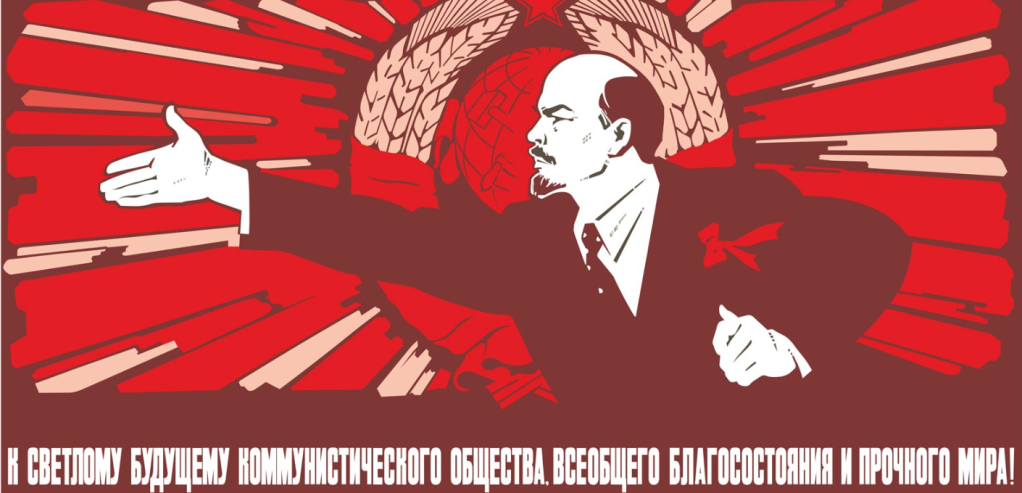
He wrote: "They say that this State yoke – the dictatorship – is a necessary transitional means in order to attain the emancipation of the people: Anarchism or freedom is the goal, the State or dictatorship is the means. Thus to free the working masses, it is first necessary to enslave them…
"They maintain that only a dictatorship – their dictatorship, of course – can create the will of the people, while our answer to this is: No dictatorship can have any other aim but that of self-perpetuation, and it can beget only slavery in the people tolerating it; freedom can be created only by freedom, that is, by a universal rebellion on the part of the people and free organization of the toiling masses from the bottom up". [121]
Inevitably there will be some who decline to take Bakunin's word regarding the reality behind the communist agenda, given that he was an anarchist and ended up a bitter enemy of Marx and his gang.
So I will now seek illumination from the horse's mouth, namely the famous Communist Manifesto [122] issued by Marx and Friedrich Engels in 1848, which announced the transition from "the period of the Utopian socialists" to "the period of scientific socialism", [123] as Quigley puts it.
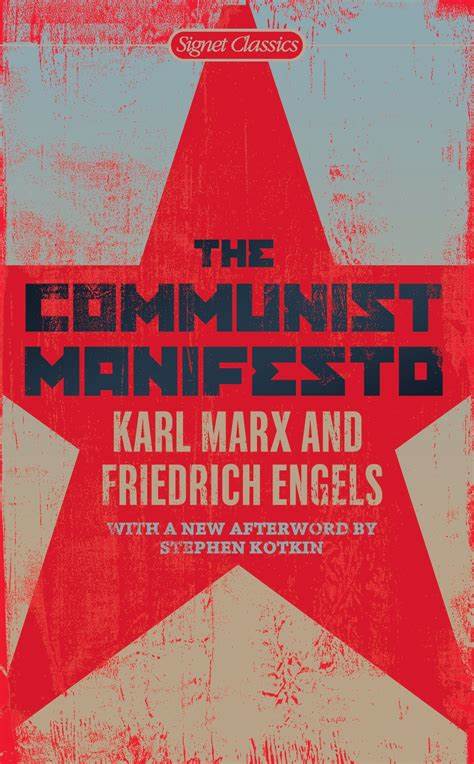
There are parts of this document, addressing the necessity of grabbing back wealth and power from the hands of the ultra-wealthy ruling class, with which I obviously agree!
But there are a number of rather alarming details – real red flags indicating that there is something amiss with this supposedly revolutionary programme.
Take, for instance, the sneering dismissal of rivals who do not share their fetishistic obsession with the industrial working class and who promote "not the interests of the proletariat, but the interests of Human Nature, of Man in general, who belongs to no class, has no reality, who exists only in the misty realm of philosophical fantasy".
Human beings don't exist, only workers for the Machine.
Or the dictatorial threats to confiscate "the property of all emigrants and rebels" and to "replace home education by social".
The pamphlet calls for the "establishment of industrial armies, especially for agriculture", which is what Bakunin was referring to.
Their grim communist plan for a grey future is described as: "Combination of agriculture with manufacturing industries; gradual abolition of all the distinction between town and country".
The Manifesto condemns small manufacturers, shopkeepers, artisans and peasants (ie small farmers) as necessarily "not revolutionary, but conservative". It adds: "Nay more, they are reactionary, for they try to roll back the wheel of history".
This is, of course the "wheel of history" as presented in propaganda painting industrial "development" [124] and exploitation as somehow inevitable and "progressive".
Marx and Engels are not shy about setting out the authoritarian means that will be needed to keep the wheel of industrial and financial expansion turning.
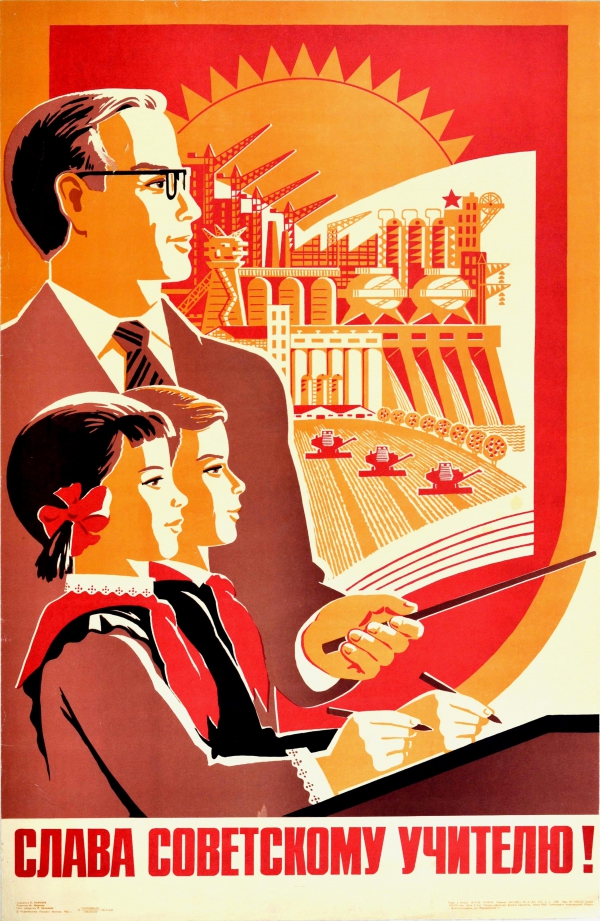
They declare (and this is in 1848, remember, 70 years before events in Russia): "The proletariat will use its political supremacy to wrest, by degree, all capital from the bourgeoisie, to centralise all instruments of production in the hands of the State, i.e., of the proletariat organised as the ruling class; and to increase the total productive forces as rapidly as possible.
"Of course, in the beginning, this cannot be effected except by means of despotic inroads on the rights of property".
And they demand:
"Centralisation of credit in the hands of the state, by means of a national bank with State capital and an exclusive monopoly".
"Centralisation of the means of communication and transport in the hands of the State".
"Extension of factories and instruments of production owned by the State".
This sort of society is, of course, utterly alien to the desires of most ordinary people, which is why "despotic" measures would be required.
Their New Order/Normal would also have to involve the smashing apart of old customs and communities in a "radical rupture with traditional ideas".
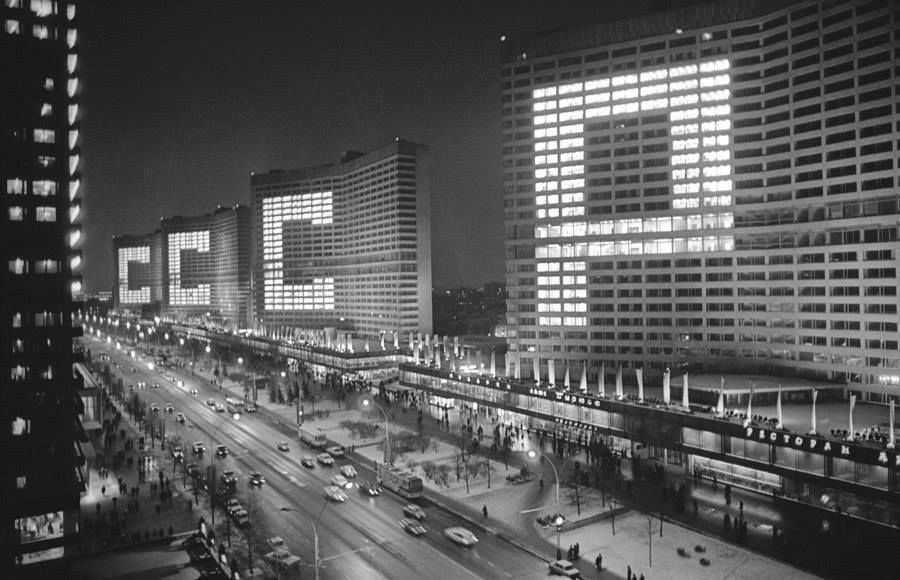
It is clear from all of this that the seeds of the brutal authoritarianism and repression seen in communist Russia were present in Marxist thinking right from the start.
While there are no doubt followers of Marx who do not support these toxic elements, they are embedded within the ideology and will always be available as a theoretical backdoor for pragmatic authoritarianism.
The truth about communism is that it is not fit for purpose as a philosophy of revolt, offering us no way out of the existing system.
As I have shown, it amounts to nothing but a scam – pseudo-resistance which aims to use its dead-end despotic ideology, along with endless lies and repression, to impose industrial slavery on behalf of the criminocracy.
It has long since betrayed the original spirit of rebellion that animated popular uprisings over the centuries, replacing that love of life, land and freedom with a narrow and sterile "scientific" dogma.
Like the environmentalist movement in recent years, [125] it has been hijacked to serve the interests of the very forces it was meant to be opposing.

So what would a real resistance movement look like?
The main problems with the commmunist outlook are: its commitment to central control, on a national or international level; its commitment to the role of a central bank; [126] its obsession with increased industrialisation and urbanisation; its war on all tradition and cultural organicity; and its authoritarian, nay "despotic", intolerance of anyone who declines to go along with any part of its programme.
It is quite easy to see how all of this fits in with the agenda of the financial-industrial mafia who aided and abetted the Bolshevik power grab and who are today trying to push us into their world-state smart-city matrix of digital slavery.
It is therefore also quite easy to identify the specific contrasting positions that should be adopted by a genuine movement of resistance as part of its general dissident vision.
We can ensure that our resistance is – unlike communism – incompatible with the global mafia's project if we:
i. Prioritise decentralisation of power and promote the principle that this process should be continued to the lowest possible level, thus reversing the current power structure and restoring decision-making to the people.
ii. Oppose the existence of central banks that place control of the economy, and thus of society, in the hands of parasitical financiers.
iii. Call for a halt to all further industrial expansion and for the abolition of all structural commitment to "development" and "economic growth" which undemocratically imposes the profiteers' industrial racket. The long-term direction we want our societies to take should be a question of open public debate.
iv. Promote a rejection of digital culture and a return to real life. Work for a reversal of the system's "social distancing" and for the rediscovery of our belonging to organic community and place, along with the celebration of traditional customs, arts, crafts and know-how.
v. Celebrate critical thinking, individual autonomy, diversity of belief and the right of free speech for everybody – even communists!

[118] Mikhail Bakunin, 'Statism and Anarchism', Russian volume 1, p. 298, in The Political Philosophy of Bakunin, ed. by G.P. Maximoff, (New York: The Free Press of Glencoe, 1964) p. 289.
[119] https://libcom.org/library/bakunin-marx-rothschild
[120] Bakunin, pp. 238-39, Maximoff, p. 284.
[121] Bakunin, pp. 296-97, Maximoff, p. 288.
[122] https://www.marxists.org/admin/books/manifesto/Manifesto.pdf
[123] Quigley, p. 237.
[124] Paul Cudenec, 'A developing evil: the malignant historical force behind the Great Reset'. https://winteroak.org.uk/2022/08/02/a-developing-evil-the-malignant-historical-force-behind-the-great-reset/
[125] https://winteroak.org.uk/the-climate-scam/
[126] Gosbank was the central bank of the Soviet Union from 1922 until the dissolution of the USSR in 1991-92, when its operations were taken over by the central banks of the successor countries, including the Central Bank of Russia, the National Bank of Ukraine and the National Bank of Kazakhstan.
https://en.wikipedia.org/wiki/Gosbank

This is the last of five parts of the essay. The previous four were:
Pseudo-resistance
Lies and repression
Industrial slavery
A repugnant racket
Alternatively, the whole thing can be downloaded as a free pdf booklet here.
PS.
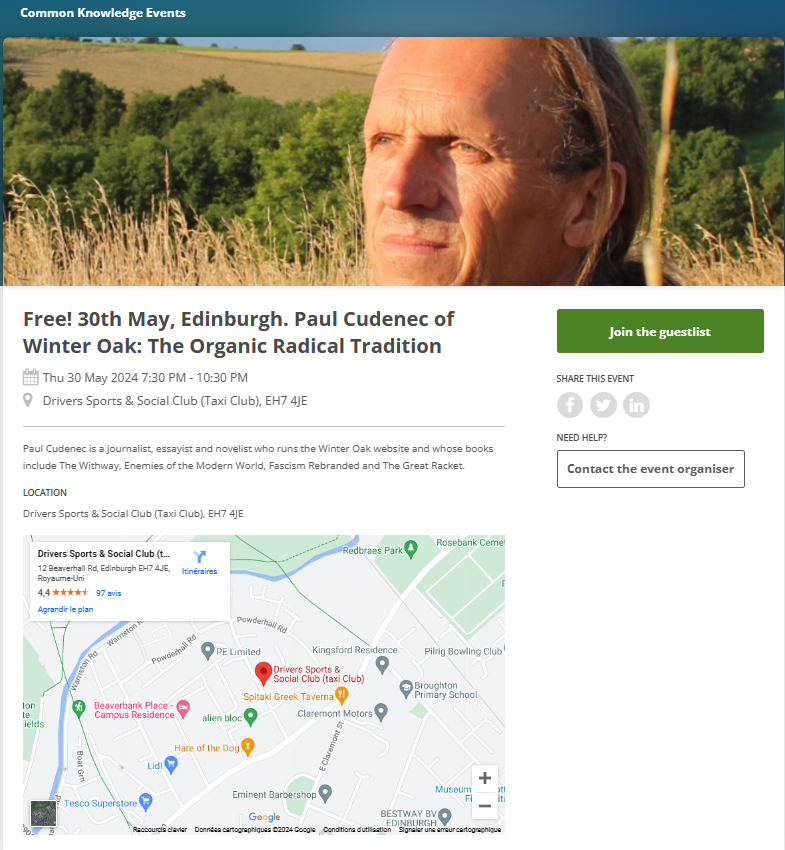
On Thursday May 30, 2024, from 7.30pm, I will be giving a talk in the Scottish capital on 'the Organic Radical tradition'.
The evening, organised by Common Knowledge Edinbugh, is free to attend, although people are asked to sign up in advance for their place.
For anyone unfamiliar with the organic radical concept, the orgrad website explains: "In broad terms, organic radicalism is a political ideology deeply opposed to the modern industrial world.

"Its vision of human society is based not on money, greed and authority but on mutual aid, freedom and community; a way of living which would restore humankind's well-being and its harmony with the rest of nature".
Or, in the words of W.D. James in his latest essay: "The Organic Radical school of thought hinges on the possibility of an organic social order which, in turn, provides the basis and motivation for radical critique and revolutionary change.
"We might like to think that an emergent natural order will just happen. In a sense, it does; in the same sense that a plant just grows or amoebas just divide. However, when the natural process involves humans, it also involves choices and that means that what just happens might not happen if people don't choose it—unlike other species, humans can choose to act against nature and against their species nature".
The main feature of the site is the A-Z of thinkers section, feauturing profiles of more than 90 men and woman whose philosophies feed into the overall organic radical outlook.
Anyway, I will be talking a lot more about all that on May 30, when there will also be plenty of time for questions.
5 Apr 2024 | 9:47 am
7. The false red flag: a repugnant racket
by Paul Cudenec
Anyone wishing to understand what lay behind the brutal political repression and totalitarian industrial slavery imposed by the Bolsheviks would do well to read the work of historian Antony C. Sutton, notably his book Wall Street and the Bolshevik Revolution. [73]
He shows, with solid evidence, that the communist seizure of power was encouraged and funded by financial interests outside Russia.
This is not to say that there were not genuine revolutionary forces at play in the country and that the tsarist regime would not have been toppled in any case.
But the specific role of the Bolsheviks was to seize power, crush the genuine popular revolt and ensure that Russia was turned into an authoritarian centralised state – under the ultimate control of these financial interests – which could then impose their Great Project.
This project was, of course, all about making money.
Communist Russia was regarded as a "golden opportunity" [74] in certain circles.
An enciphered telegram sent by David Francis, US ambassador in Petrograd (St Petersburg), a year before the revolution began, is very telling for a couple of reasons.
Firstly because he sent it to the State Department in Washington, DC, to be deciphered and forwarded to Frank Arthur Vanderlip, the chairman of the National City Bank in New York, thus indicating which power he was truly serving.
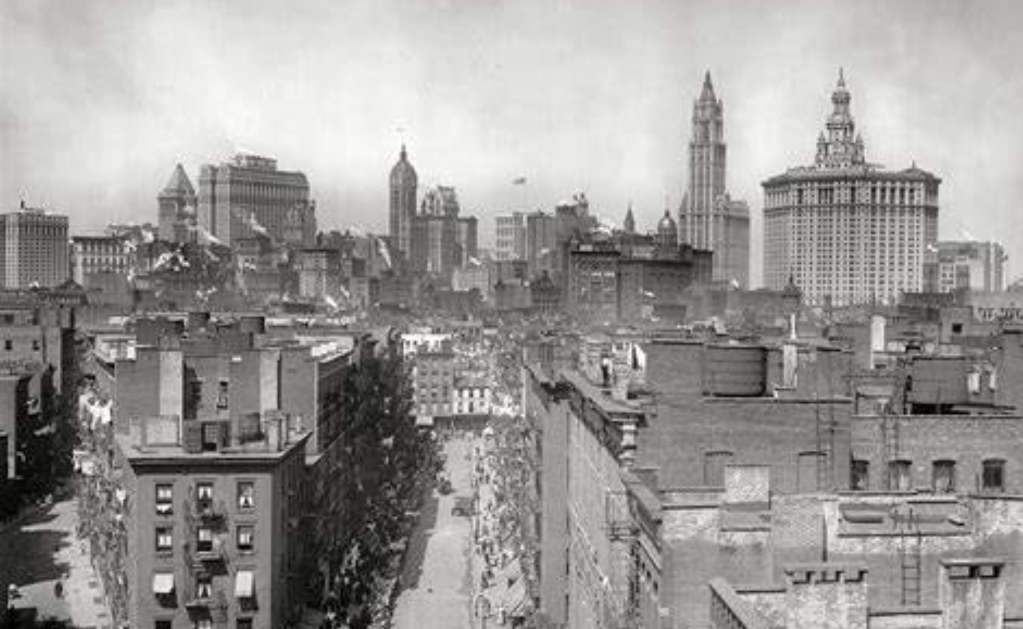
Secondly because of his message to the banker: "Opportunities here during the next ten years very great along state and industrial financing". [75]
This wouldn't have been the case if the genuine social movement, of which Voline was part, had won the day and managed to place power and wealth in Russia in the hands of the Russian people.
So the international bankers clearly had an important incentive in crushing any real revolutionaries and ensuring that their opportunity-providing placemen were firmly in charge.
Sutton in fact mentions Voline in his book and explains that "the betrayal of the Russian Revolution" which the latter witnessed first-hand was created by "the new powerbrokers of another corrupt political system… the ambitions of a few Wall Street financiers who, for their own purposes, could accept a centralized tsarist Russia or a centralized Marxist Russia but not a decentralized free Russia". [76]
We are generally taught that there is a fundamental dichotomy between state control of industry and private control – state ownership of the kind exercised under "communism" would necessarily be to the disavantage of those who profit under "capitalism", we are made to believe.
But the public-private model tested in Fascist Italy and Nazi Germany, and now championed by the likes of the WEF, should allow us to see through this illusion.
Like fascism, communism provided financiers with the authoritarian state muscle to impose their industrial development projects on people who would not otherwise have gone along with them.
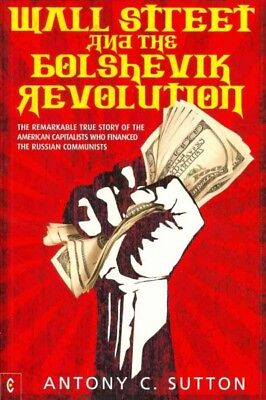
Sutton muses about the apparent contradiction of somebody like George Foster Peabody, deputy chairman of the Federal Reserve Bank of New York, being an enthusiast for government ownership of railways.
He argues: "Given the dominant political influence of Peabody and his fellow financiers in Washington, they could by government control of railroads more easily avoid the rigors of competition.
"Through political influence they could manipulate the police power of the state to achieve what they had been unable, or what was too costly, to achieve under private enterprise.
"In other words, the police power of the State was a means of maintaining a private monopoly… The idea of a centrally planned socialist Russia must have appealed to Peabody. Think of it – one gigantic State monopoly!" [77]
In 1922, the same year as they created their Gosbank central bank, the Bolsheviks formed their first international bank, known as the Ruskombank (Foreign Commercial Bank or the Bank of Foreign Commerce). It was headed by "Bolshevik Banker" Olof Aschberg and on its board, alongside representatives of the Soviet Union, sat tsarist private bankers and representatives of German, Swedish and American banks. [78]
On joining Ruskombank, Max May of Guaranty Trust stated that it was "very important" and that it would "largely finance all lines of Russian industry". [79]
Sutton's detailed research and analysis utterly explodes the myths entertained by communists about their relationship to both capitalism and fascism.
Take this statement, for instance: "Trotsky was able to generate support among international capitalists who, incidentally, were also supporters of Mussolini and Hitler". [80]
But an element of which he was evidently unaware was the true identity of the financiers behind the funding of the Bolshevik beast, as well as of fascism.
Voline mentions in passing a treaty with London that "opened the doors of the country to British capital". [81]
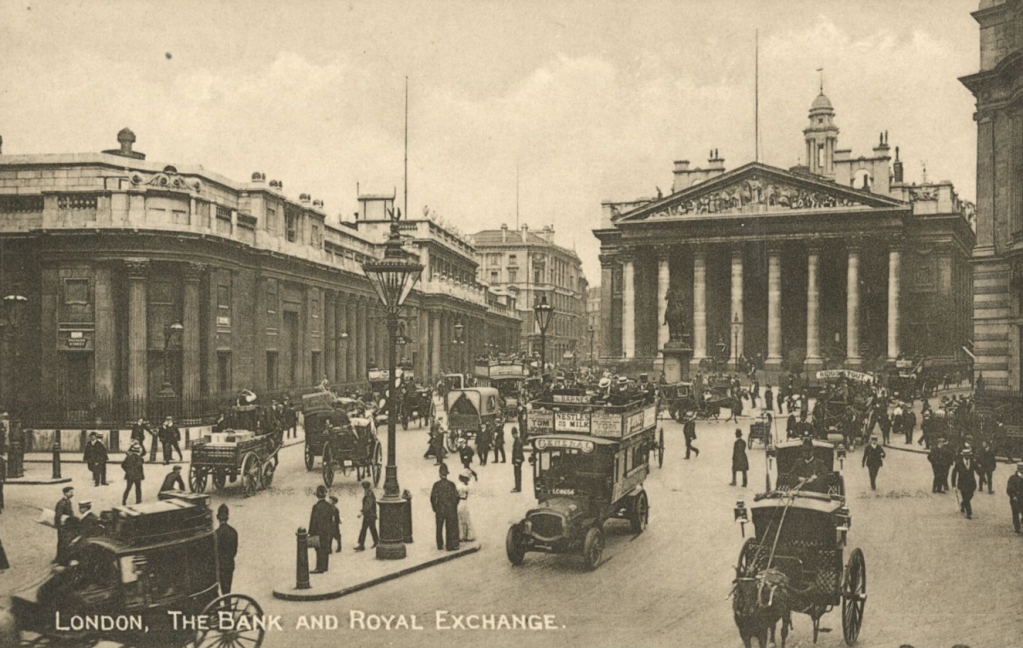
And Sutton himself provides a clue in his account of the formation of the Ruskombank, when he records: "The foreign banking consortium involved in the Ruskombank represented mainly British capital… The British government itself had already purchased substantial interests in the Russian private banks; according to a State Department report, 'The British Government is heavily invested in the consortium in question'." [82]
J.P. Morgan, the main Wall Street entity that Sutton links to the Bolsheviks, is in fact, as I set out in my booklet Enemies of the People, [83] a front for the Rothschild empire, in particular of its UK operation.
The Rothschilds needed a convincing front in the USA because the American public would not have been too pleased to learn that, despite the War of Independence, their country was still largely owned by the City of London.
Guaranty Trust Company – "Aschberg's New York associate" [84] – was likewise a Morgan/Rothschild entity, as was the aforementioned National City Bank (the word "City" in all such US bank names being a reference to the City of London).
Sutton looks at these bankers' duplicitous role in the First World War – a subject I have addressed in some detail elsewhere [85] – and concludes: "What is really important is not so much that financial assistance was given to Germany, which was only illegal, as that directors of Guaranty Trust were financially assisting the Allies at the same time.
"In other words, Guaranty Trust was financing both sides of the conflict. This raises the question of morality". [86]

Financing both sides of a conflict, with utterly no regard for morality, is a notorious trademark of the Rothschild mafia.
Their familiar fingerprints can be seen all over Operation Bolshevik.
The bankers' involvement in the Russian Revolution used the vehicle of a "Red Cross Mission" which was yet another spurious organisation hiding behind the mask of "humanitarianism".
Sutton explains: "In World War I the Red Cross depended heavily on Wall Street and specifically on the Morgan firm.
"The Red Cross was unable to cope with the demands of World War I and in effect was taken over by these New York bankers. [87]
"In August 1917 the American Red Cross Mission to Russia had only a nominal relationship with the American Red Cross, and must truly have been the most unusual Red Cross Mission in history". [88]
He reveals that all expenses, including those of the uniforms – the members were all colonels, majors, captains or lieutenants – were paid out of the pocket of William Boyce Thompson, director of the Federal Reserve Bank of New York! [89]
And, of course, Thompson's interest did not have anything to do with the Red Cross's usual activities.
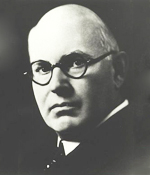
The Washington Post published a report on February 2, 1918, entitled: "GIVES BOLSHEVIKI A MILLION. W.B. Thompson, Red Cross Donor, Believes Party Misrepresented".
This stated: "William B. Thompson, who was in Petrograd from July until November last, has made a personal donation of $1,000,000 to the Bolsheviks for the purpose of spreading their doctrine in Germany and Austria". [90]
Sutton spells out the reality behind the Red Cross front: "The mission was in fact a mission of Wall Street financiers to influence and pave the way for control, through either Kerensky or the Bolshevik revolutionaries, of the Russian market and resources. No other explanation will explain the actions of the mission. [91]
"Thompson was interested in the Russian market and how this market could be influenced, diverted, and captured for postwar exploitation by a Wall Street syndicate, or syndicates. [92]
"Whether the Russian people wanted the Bolsheviks was of no concern". [93]
Sutton identifies the central co-ordinating point of the communism-funding project as 120 Broadway in New York.
"Two of the operational vehicles for infiltrating or influencing foreign revolutionary movements were located at 120 Broadway: the first the Federal Reserve Bank of New York, heavily laced with Morgan [Rothschild] appointees; the second the Morgan-controlled American International Corporation". [94]
Intriguingly, the 1915 skyscraper that is 120 Broadway, the Equitable Building, [95] today features a luxury rooftop Bankers Club and is owned by Silverstein Properties. [96]

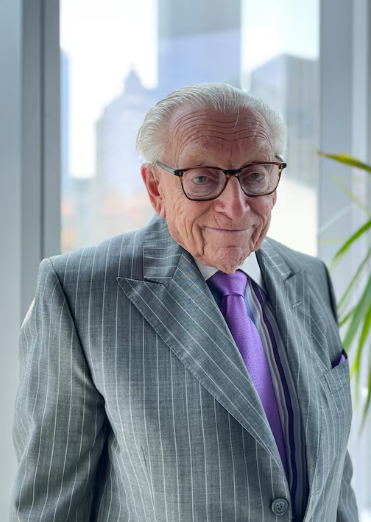
Property mogul Larry Silverstein was the man who bought the lease on the World Trade Center two months before 9/11 and later bagged a $4.55 billion pay-out, successfully arguing that two planes hitting the two towers amounted to two separate incidents for which he should be recompensed. [97]
Sutton also looks into the dubious role played by Raymond Robins, a wealthy businessman who, "for no observable reason", [98] suddenly declared himself a socialist, backed the Bolsheviks and, according to French government documents, sent "a subversive mission of Russian Bolsheviks to Germany to start a revolution there" – this being the Spartacist revolt of 1918. [99]
He concludes: "There is considerable evidence, including Robins' own statements, that his reformist social-good appeals were little more than covers for the acquisition of futher power and wealth". [100]
One might add that this seems to be true of a certain "left" in general and indeed Sutton quotes Quigley when he states that in around 1910 "the Morgan firm [Rothschilds] decided to infiltrate the Left-wing political movements in the United States. This was relatively easy to do, since these groups were starved for funds and eager for a voice to reach the people. Wall Street supplied both". [101]
Quigley goes on: "It was this group of people, whose wealth and influence so exceeded their experience and understanding, who provided much of the framework of influence which the Communist sympathizers and fellow travelers took over in the United States in the 1930's.
"It must be recognized that the power that these energetic Left-wingers exercised was never their own power or Communist power but was ultimately the power of the international financial coterie". [102]

Describing, in a rather cryptical way, "the relationship between the financial circles of London and those of the eastern United States which reflects one of the most powerful influences in twentieth-century American and world history", [103] he then gets to the core of the issue.
"The two ends of this English-speaking axis have sometimes been called, perhaps facetiously, the English and American Establishments.
"There is, however, a considerable degree of truth behind the joke, a truth which reflects a very real power structure.
"It is this power structure which the Radical Right in the United States has been attacking for years in the belief that they are attacking the Communists.
"This is particularly true when these attacks are directed, as they so frequently are, at 'Harvard Socialism' or at 'Left-wing newspapers' like The New York Times and the Washington Post, or at foundations and their dependent establishments, such as the Institute of International Education.
"These misdirected attacks by the Radical Right did much to confuse the American people in the period 1948-1955 and left consequences which were still significant a decade later". [104]
Sutton adds, for his part: "We suggest that the Morgan firm [Rothschilds] infiltrated not only the domestic left, as noted by Quigley, but also the foreign left – that is, the Bolshevik movement and the Third International". [105]
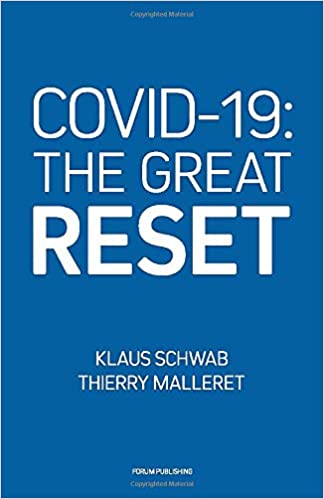
Ripples of the confusion mentioned by Quigley have lingered on today, in the age of the so-called Great Reset.
When some people notice the similarities between this 2020s authoritarian land-grabbing industrial project and that of the communists in Russia in the last century, they draw the conclusion that the Great Reset is "communist".
This would seem to make no sense, given that Klaus Schwab's WEF is a body representing the world's biggest corporations and financial interests and, even though he has been pictured with a bust of Lenin behind him, he is hardly a "communist" in the generally-understood sense.
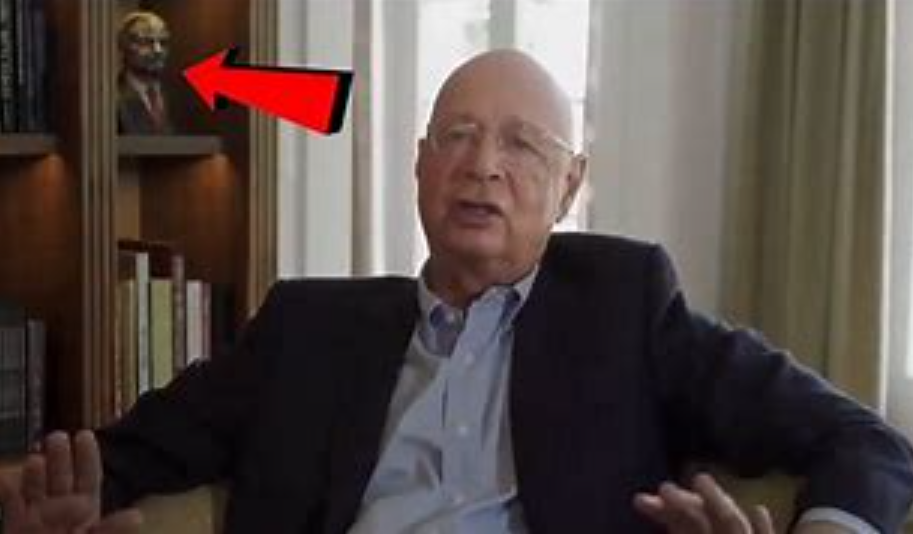
However, once we realise that communism in Russia was promoted and funded by the same mafia who are now behind the WEF, the fog of confusion quickly clears.
As we have seen, the real aim behind installing communism in Russia was to impose, by means of its totalitarian central state, a massive wave of highly profitable industrial development.
Sutton traces the start of the project to the setting up of the American International Corporation (AIC) at 120 Broadway in 1915 and the frustration, reported by Frank A. Vanderlip of National City Bank, that "there was not much more railroad building to be done in the United States". [106]
Rail infrastructure was, as I have previously described, a major element in the Rothschilds' empire.
Operation Bolshevik worked rather well in this respect. Soviet Railways, which started operations in 1922 under the direct control of the communist state, was "the backbone of the Soviet Union's economy" and "greatly upgraded and expanded the Russian Imperial Railways to meet the demands of the new country". [107]
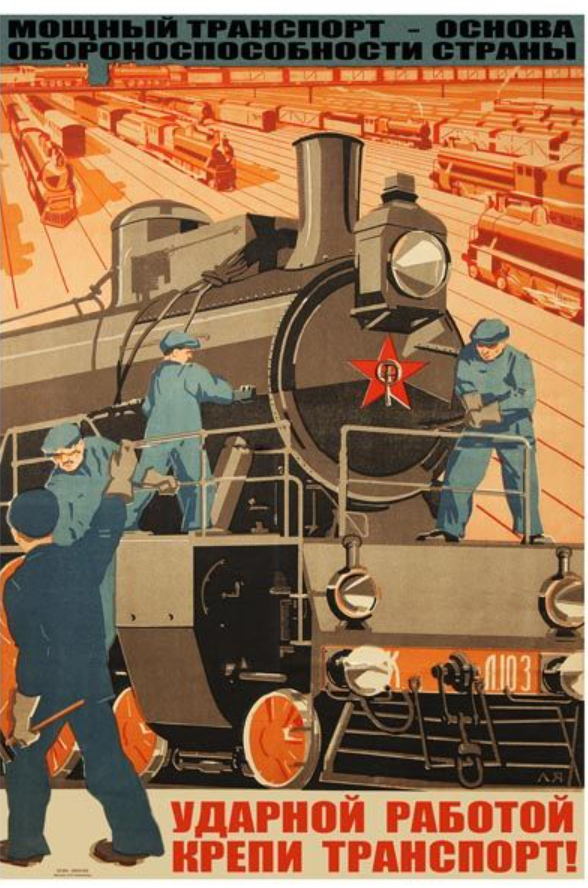
One of the directors of AIC was C.A. Coffin, chairman of General Electric, whose executive office was at 120 Broadway and, coincidentally, was chairman of the cooperation committee of the American Red Cross! [108]
The Rothschilds also had a massive vested interest in the global expansion of electrification, dominating as they did the world's supplies of copper, the main material required for the infrastructure.
As one website [109] enthusiastically relates, "the electrification of Soviet Russia came about unlike anywhere else in the world" and allowed the banker-backed Bolsheviks to bulldoze traditional Russian life.
"They turned a backward agrarian country into an industrial economy in a matter of years".
Propaganda presented Lenin as a mystical symbol of electrification and the communist New Normal/Order.
"The electric light that now lit up every home became known as 'Ilyich's lamp', which brought enlightenment (quite literally) and a new way of life to the masses".
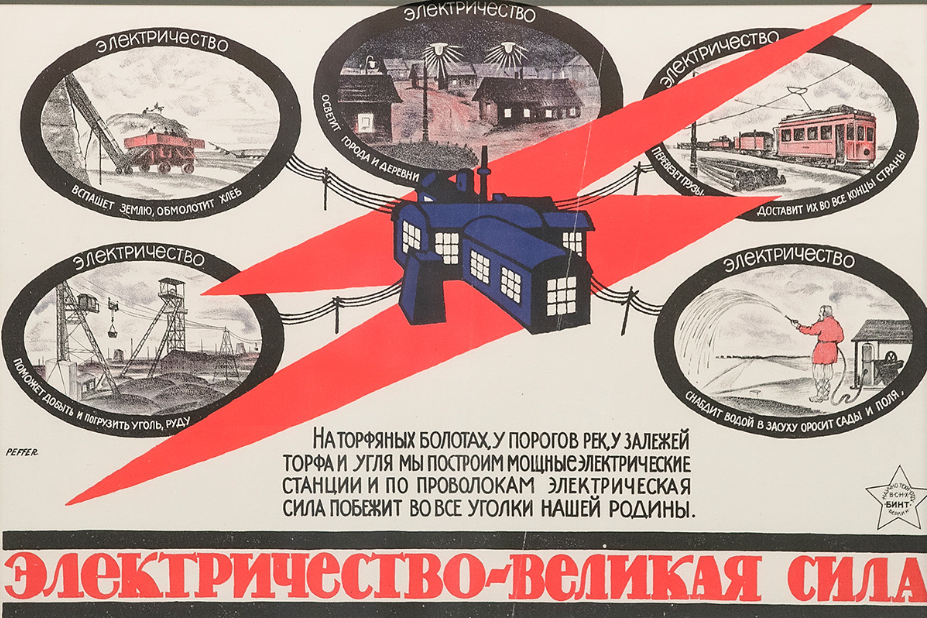
With the "golden opportunity" of a "massive State monopoly" spurring them on, the gang in New York built a private vehicle "to exploit Russian markets and the earlier support given the Bolsheviks", explains Sutton.
"A group of industrialists from 120 Broadway formed the American-Russian Industrial Syndicate Inc. to develop and foster these opportunities". [110]
Financial backing for the new firm came from the likes of the Guggenheim Brothers, also of 120 Broadway, previously associated with William Boyce Thompson.
"Guggenheim controlled American Smelting and Refining; and the Kennecott and Utah copper companies", [111] Sutton notes.
In 1918 The American League to Aid and Cooperate with Russia was set up, with the involvement of Coffin of the General Electric Company, and the talk was of "economic assistance" for Russia. [112]
Lenin spun the same line when he told the Tenth Congress of the Russian Communist Party in March 1921 that the country would require "the assistance of capital". [113]
But in truth the communist regime was not so much being assisted by capital as being used by it as a tool to squeeze untold profit from the Russian people and their land.

As Sutton says: "The gigantic Russian market was to be converted into a captive market and a technical colony to be exploited by a few high-powered American financiers and the corporations under their control". [114]
A final instructive detail is that, with their usual racketeering cynicism, the financial mafia backing the Bolsheviks also, at the very same time, whipped up fear of communism in the USA!
Writes Sutton: "The financial circles that were supporting the Soviet Bureau in New York also formed in New York the 'United Americans' – a virulently anti-Communist organization predicting bloody revolution, mass starvation and panic in the streets of New York". [115]
Pointing to the involvement of Morgan/Rothschild entity Guaranty Trust in this duplicity, he says it "raises, of course, serious questions about the intentions of Guaranty Trust and its directors". [116]
I can only agree with him that "spreading propaganda designed to create fear and panic while at the same time encouraging the conditions that give rise to the fear and panic" points to "utter moral depravity". [117]

[73] Antony C. Sutton, Wall Street and the Bolshevik Revolution (West Hoathley: Clairview, 2016).
[74] Sutton, p. 156.
[75] Sutton, p. 54.
[76] Sutton, p. 19.
[77] Sutton, p. 100.
[78] Sutton, p. 60.
[79] Sutton, p. 63.
[80] Sutton, p. 36.
[81] Voline, la fin de Cronstadt et l'Insurrection en Ukraine, p. 29.
[82] Sutton, p. 61.
[83] Paul Cudenec, 'Enemies of the People: The Rothschilds and their corrupt global empire', https://winteroakpress.files.wordpress.com/2024/04/enemiesofthepeople-.pdf
[84] Sutton, p. 63.
[85] Paul Cudenec, 'A crime against humanity: the Great Reset of 1914-1918', https://winteroak.org.uk/2022/10/14/a-crime-against-humanity-the-great-reset-of-1914-1918/
[86] Sutton, p. 67.
[87] Sutton, p. 72.
[88] Sutton, p. 73.
[89] Sutton, p. 73.
[90] Sutton, p. 83.
[91] Sutton, p. 87.
[92] Sutton, p. 97.
[93] Sutton, p. 87.
[94] Sutton, p. 127.
[95] https://gothamtogo.com/the-historic-equitable-building-shines-a-spotlight-on-its-history/
[96] https://www.silversteinproperties.com/commercial-office-space-nyc/120-broadway
[97] Even "fact-checkers" admit this, although they like to wrap it up in weasel words that suggest it's not true. See https://www.snopes.com/fact-check/wtc-terrorism-insurance/
[98] Sutton, p. 84.
[99] Sutton, p. 91.
[100] Sutton, p. 84.
[101] Quigley, p. 594, cit. Sutton, p. 127.
[102] Quigley, p. 604.
[103] Quigley, pp. 605-06.
[104] Quigley, p. 606.
[105] Sutton, p. 127.
[106] Sutton, p. 128.
[107] https://en.wikipedia.org/wiki/Railway_system_of_the_Soviet_Union
[108] Sutton, p. 130.
[109] https://www.rbth.com/science-and-tech/334322-electricity-soviet-bolshevik-russia
[110] Sutton, p. 137.
[111] Sutton, pp. 136-37.
[112] Sutton, p. 156.
[113] Sutton, p. 157.
[114] Sutton, p. 173.
[115] Sutton, p. 123.
[116] Sutton, p. 163.
[117] Sutton, pp. 163-64.

The first three parts of this essay were Pseudo-resistance, Lies and Repression and Industrial slavery – the concluding part will be:
Flawed and despotic
Alternatively, the whole thing can be downloaded as a free pdf booklet here.
3 Apr 2024 | 8:35 am
8. Goods, Desire, and Community (Revolutionary Aristotelianism Part 1)
by W.D. James
He say I know you, you know me
One thing I can tell you is you got to be free
Come together, right now, over mei
– The Beatles
The Organic Radicalii school of thought hinges on the possibility of an organic social order which, in turn, provides the basis and motivation for radical critique and revolutionary change. We might like to think that an emergent natural order will just happen. In a sense, it does; in the same sense that a plant just grows or amoebas just divide. However, when the natural process involves humans, it also involves choices and that means that what just happens might not happen if people don't choose it—unlike other species, humans can choose to act against nature and against their species nature.
Even in the case of non-human nature, we still might ask 'how does it happen.' How does the plant grow? We might even ask why? In the case of human projects this is probably essential. Hence, we may ask: how does organic social order emerge and for what purposes? This calls for a theoretical response. Amongst the classical thinkers, Aristotle stands out as the thinker who most focused on natural processes of growth and development and applied that framework to the human world as well. In the contemporary world, the most important interpreter of Aristotle is likely the Scottish-American philosopher Alasdair MacIntyre (1929- ). He has termed the application of his reformulation of the classic theory 'revolutionary Aristotelianism'. I will adopt that characterization as the title of this series of essays as well.
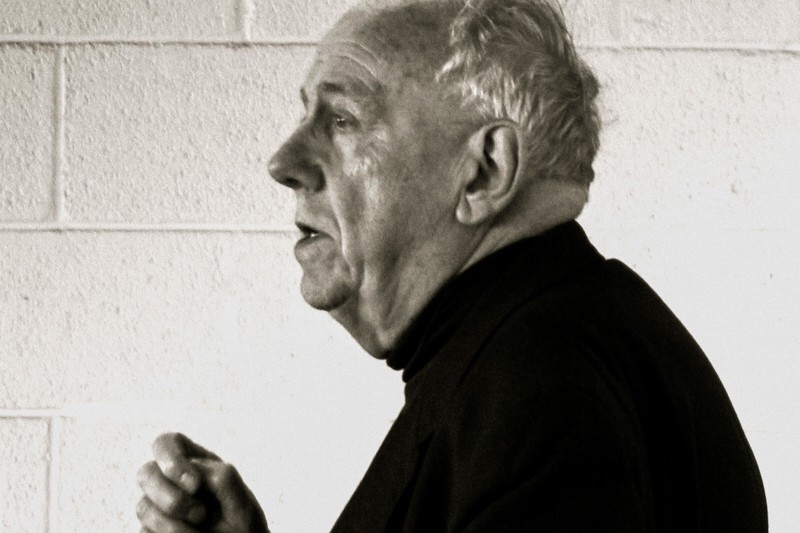
Why 'revolutionary'? Isn't Aristotle typically considered a conservative thinker? Not so much on MacIntyre's reading. He, correctly in my estimation, also reads Marx as an essentially Aristotelian thinker. Bringing forward certain critical insights of Marx is one way in which this interpretation of Aristotle is radical. In another, MacIntyre loathes the modern world. More specifically, he sees the dominant features of the modern world as being the state and the market and, on his view, both of these destroy all that is small and local and good. More importantly, in doing so, they also destroy the sociological basis for engaging in practical reasoning together which is essential for the pursuit of common goods and the living of good lives. Hence, they are also abominations. In his careful, scholarly, detailed way, MacIntyre intends to undermine the entire modern project.iii This is the other sense in which it is radical.
What both thinkers offer us is an account of how spontaneous order emerges. It is not the only account. Perhaps it is not even the best account. However, it is a serious account to which we should pay attention. I don't think anyone would accuse Aristotle of being an anarchist. The same could be said of MacIntyre, but that is perhaps less settled: if you reject the modern state, aren't you at least in the neighborhood of some sort of anarchism? I go to the trouble of making this point to suggest that anarchism is certainly one path toward Organic Radicalism, but probably not the only path.
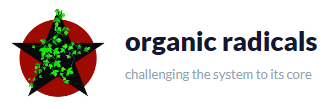
More concretely, what an Aristotelian account of natural social order offers us is an understanding of the role of morality in creating the centripetal forces that can produce social cohesion. The moderns like to divorce morality from nature. They even call the attempt to keep them together the 'naturalistic fallacy.' They pithily admonish 'you cannot derive an ought from an is.' Well, with the premoderns, I would give the rejoinder 'if you cannot derive an ought from an is, you probably just can't get an ought, or any ought you put forth will probably appear rather arbitrary.' If morality is not rooted in nature, in reality, where the heck is it supposed to come from? An Aristotelian account of order provides the promise of holding nature and morality together.
In this series of essays, we'll begin with looking at some of the key features of Aristotle's thought, then in later essays move into MacIntyre's reformulation of them.
Of Goods, Desire, and Community
Aristotle has a very concrete conception of morality. It is what philosophers call a 'virtue ethics theory.' What most distinguishes it from other approaches is that he shows how moral commitments and standards emerge from within nature, from within the stuff we humans characteristically do. There are no 'rules imposed from outside.'
In our examination of Aristotle, we will stay focused primarily on his politics. In the book of that name, the opening line introduces the subject thus: "Observation shows us, first, that every city [polis] is a species of association, and, secondly, that all associations come into being for the sake of some good—for all men do all their acts with a view to achieving something which is, in their view, a good."iv The elements of this approach we will wish to mark out for comment are: the city, associations, desire, and goods.
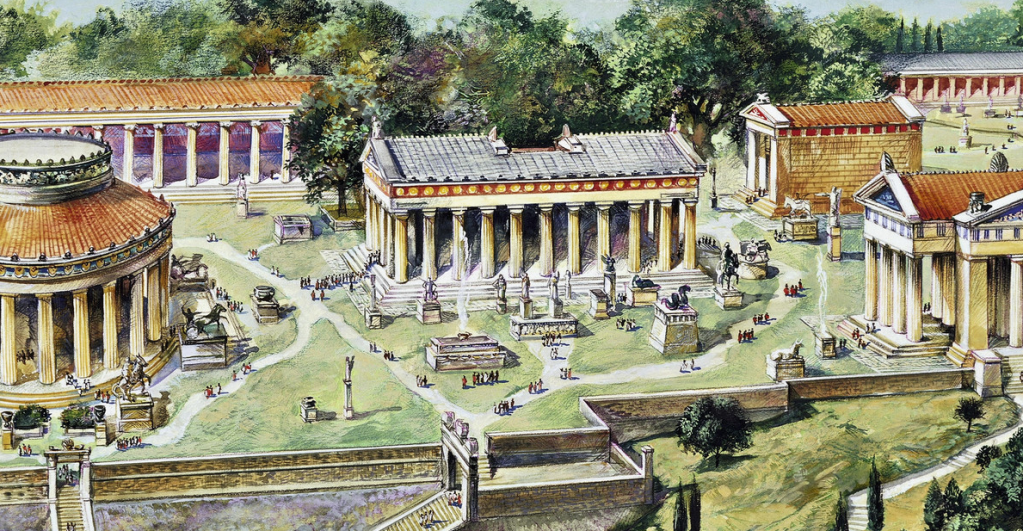
The City
A city or polis for Aristotle is the highest form of natural association. We will see why in a future essay. For now, observing that a polis (the Greek word from which our 'politics' derives) is a self-sufficient city-state will serve our purposes. On Aristotle's reckoning, any form of association smaller than this lacked self-sufficiency which would, literally, mean it could not stand on its own. Anything larger than this, mainly an empire within his frame of reference, was too large and brought with it defects which made the achieving of good lives difficult if not impossible. I would argue that the modern state is in the same situation. Further, we can see how a city-state could emerge 'naturally' and organically. I would argue, and am pretty certain MacIntyre would concur, that the state cannot be conceived of as a natural form of association (and to cinch that I would draw on the modern theorist of the state, Thomas Hobbes, who is quite explicit that the modern state is artificial, not natural). Hence, it is completely illegitimate to translate Aristotle's polis as 'state' or to assert that the state functionally fits into his discussion of politics, which is all too common amongst modern interpreters.
Associations
The city is one form of 'association'. There are others. The ensemble of them would pretty much constitute what we term 'society'. We will look at what the others are in the next essay. The term behind this translation is koinonia.v 'Community' would be a better translation in some regards. However, the essence of the word is that it denotes 'sharing'. People in association are sharing in something; they are each contributing. There is a real unity. Just a group of individuals is not an association for Aristotle. What they share will depend on the sort of association we are looking at and what it aims at.
Aristotle famously states that humans are "political animals." Hence, this sharing of life, joining into association, is part of what is natural for us. The isolated individual is not the standard of the human for him. An isolated human being, say on a deserted island or something, is not capable of fully developing their nature. The human being is always the human individual and their relationships. MacIntyre insists this is true of Marx's understanding as well. To illustrate: you could not give an adequate account of who, or even what, WD was just by referring to those aspects of me which are contained by my skin. To give an adequate account you would have to include that (my physiology and my thought), but you would also have to include my relationships: I'm someone's son, I'm a spouse and parent, I'm part of a university community, I'm part of online communities, I live in a particular neighborhood, etc… I'm not me with those abstracted.
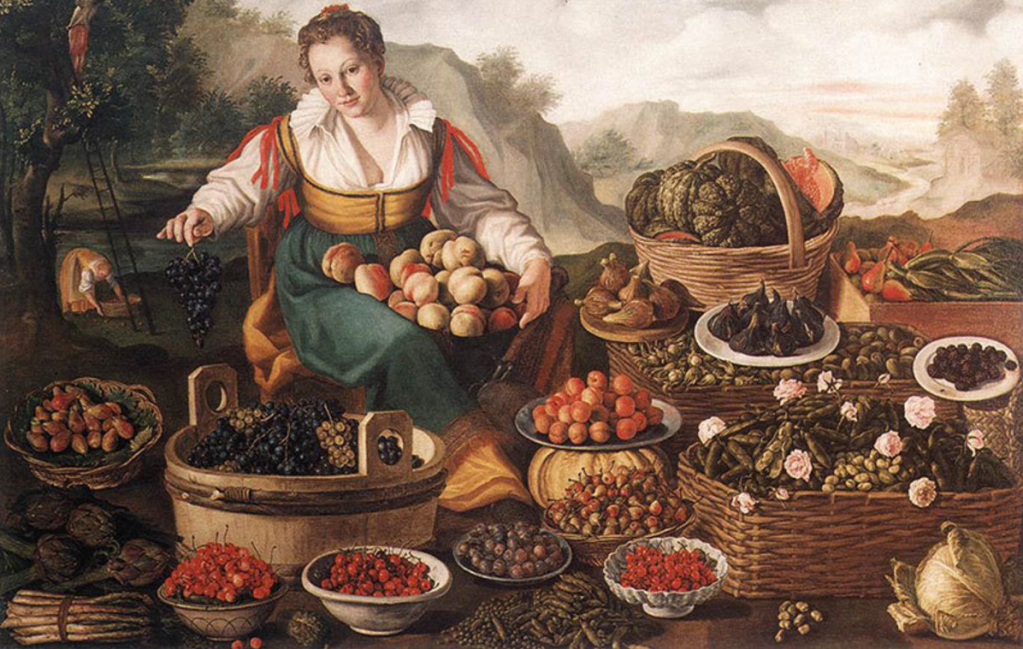
Desire
Why and how do these associations form and come about? Because we inherently want stuff that we have to work together to get. Nothing mystical or magical here. As a political animal I'll want some stuff that I can't provide all on my lonesome. So, I'll enter into association with others. Presumably they wanted the same sorts of stuff and hence we have a genuinely shared interest in associating to achieve them.
Ultimately what is shared will come to include moral norms. It is fascinating, and you can't get much more down to earth, that ultimately Aristotle roots morality in our desires. We want some stuff that we associate to acquire. That association, conditioned by the aim we established it for, will develop norms of how we interact with one another while associated. Morality. Further, certain ways of behaving, individually and collectively, will prove more effective than others in that pursuit. When those ways are internalized as dispositions of character (say, acting honestly): virtue.
Goods
What's the stuff we desire? Goods. It's tempting to say a good is anything we desire: a hamburger, camaraderie, heroin, justice, money, a new sweater, a mate, victory for our sports team. Aristotle specifies our desires are for what we think is good. We are always pursuing goods, or the good abstractly. But we might be either correct or mistaken in thinking any particular thing we desire is actually good.
Figuring out what is actually good will be a major part of Aristotle's account of things. It will be even more central to MacIntyre and his critique of modernity. To truly be a good, the thing must actually be good for creatures like us. Some things are, some things are not. Sometimes in some circumstances a thing is, under different circumstances it may not be. Here Aristotle is operating in the same classical Greek ethical framework as Socrates and Plato: desiring and doing bad things is understood primarily as an error, not so much an evil. St. Augustine, who introduces a psychology to explain how we might actively desire evil as evil (and sadly, we seem to do so sometimes), was critical of this limitation. However, it also seems that often when we go wrong, it is in fact due to error. The person who becomes a heroin addict is probably not intending to seek evil. He probably is seeking relief from pain, physical or mental, which is a good: but makes a mistake about where turning to heroin will ultimately lead (ie, to bad, non-fulfilling outcomes).
What's worth noting here, as we start to assemble the terms of Aristotle's moral vocabulary, is everything is rooted in nature and our human nature. Authentic goods are good because they are good for us. Not because someone said they were or dreamed they were. This will include moral goods. So, Aristotle's ethics will solidly be a form of naturalism. This is alluded to when, in the above quote, he begins with "observation shows us…". Look around at what is and what people actually do; that will be our starting point. To adequately understand what we are and what we ought to desire and aspire to (what will fulfill us) is to understand what is good and right and excellent for us. Further, as good-seeking creatures, including those goods which are specifically moral (like justice, and courage, and respect), we are innately moral creatures.

'End Neutrality' implies 'Nature Neutrality'
Modern political and economic liberalism rests on an assumption about society being 'neutral' as to the ends (purposes) individuals pursue. We might charitably attribute that to a desire to leave behind the sectarian violence of the 16th and 17th centuries which could be interpreted as showing that people differed as to the ends they preferred and in insisting that society and the state enforce those ends, generated conflict and war. We may also have learned some genuine practical wisdom in not being overly insistent on what ends are publicly championed: a degree of live and let live is no doubt essential to hold together any sort of community.
Of course, you can't ultimately be completely neutral as to ends. If I were to set about to practice cannibalism as my purpose in life, society can't just say 'well, you decide what is good for you'. Hence, the issue of 'rights' becomes central to liberalism: choose your own ends, up to the point those ends might start to impose on the ends adopted by others. That boundary is the boundary protected by 'rights' and liberalism is the establishment of neutral procedures to police the boundaries of individual rights.
We do in fact value our freedom and a regime of rights protects our freedom in a way. We do in fact not want people to come along and cross those boundaries by punching us in the face or stealing our car. But does the overall framework hold up?
Can we coherently say it is good to be neutral about ends? Certainly, a political liberal would insist on their individual right to drink as much alcohol as they pleased (as long as they did not infringe on the rights of others, by driving drunk or something). An economic liberal would certainly insist on their right to manufacture and sell whatever they chose, say some status symbol clothing item, addictive social media app that destroys the lives of young people, or pornographic films (again, as long as they didn't 'hurt anyone else'; that the consumer chose to consume those products absolves the manufacturer of responsibility for any harm that eventually resulted).
Well, what kind of human is it that it is GOOD for them to drink unlimited amounts of alcohol and devote unlimited resources to consuming these sorts of items? The somewhat unspoken corollary to liberal end-neutrality is nature-neutrality: you can't specify what a human IS and still hold all these things to be equally good. Hence, in the US, our Supreme Court is driven to the logical conclusion that we have inherent rights to individually define reality, existence, and meaning.vi If it were the nature of those things to vary infinitely by individual whim, in what sense are they still real, existent, and meaningful? However, as Aristotle points out, what is good is not whatever we decide is good. I can affirm all day long that heroin addiction is good for me, but it never really becomes so.
Now, to the point I feel Aristotle would immediately pose to us if he had the opportunity: nature, not you, gets the final say about what is good. You can affirm until you are blue in the face that it is good for you to drink as much as you darn well please, but human nature, reality, will show you otherwise. You can affirm your right to cut down all the trees on your property as much as you like, but nature will eventually tell you you are wrong when too many have been cut down. Your interpretations of what you are might vary infinitely, but not all of them will equally lead to a satisfactory and happy life. Human nature is not a neutral, completely malleable thing. It might be to an extent, but not infinitely. You should figure out what a human is and then try to make choices that lead to fulfilling your nature (by choosing purposes, ends, that actually make you happy and fulfilled).
Further, Aristotle would point out that society is not just the sum of all the individuals and their decisions. We are sharing in a venture when we go through life together. If we're to do anything substantive together we will necessarily choose some ends over others.
And should we start to think 'Aristotle, you're starting to sound a bit authoritarian, are you the one who's going to tell us what in fact constitutes human nature and what is good for us?'—Aristotle would immediately reply: no. Figuring that out is one of the things you share in when you join together into communities. Reason together, try things out, learn from experience. But if you want to actually achieve good things together, you can't shirk the question of what is actually good. It is good to educate your children, or it isn't. It's good to pollute the planet to the point of uninhabitability or it isn't. Certainly, you can learn from the experience of other human communities as well. But you're going to need to figure it out. Nature will help teach you. When you produce misery, admit that is bad—it's not neutral. To put a fine point on it: you habitually seek the good for yourself; it is incoherent to then say you are going to be neutral about what is good in your shared, social, lives. No one ever lived their life being neutral about what was genuinely good for them. Further, no community, in practice, can do so either.
In the next essay, we'll get a sense of how Aristotle sees natural order emerging in several forms of association and how he thinks each of those forms of association is 'programmed' by nature to pursue certain sorts of good and to contribute to the overall flourishing of human animals.

i Watch a John Lennon performance here: BEATLES– Come Together – rare live. – YouTube
ii Q&A – organic radicals (wordpress.com)
iii Hence, he is also an exemplary 'egalitarian anti-modernist': Was Jerusalem Builded Here? An Exploration of Egalitarian Anti-Modernism (Part 1) | winter oak
iv Aristotle, Politics, translated by Ernest Barker, Oxford University Press, 1998, p. 7.
v For a nicely detailed summary, see: Koinonia (wenstrom.org)
vi Justice Kennedy, writing for the majority, in Planned Parenthood vs. Casey.
1 Apr 2024 | 9:05 am
9. The false red flag: industrial slavery
by Paul Cudenec
Leo Tolstoy, with his dreams of a free Russian peasantry, had realised before his death in 1910 that the communists aimed to launch an assault on traditional rural life.
Having analysed Karl Marx's Capital and studied the new "scientific" socialism, he spoke out about what Pierre Thiesset calls the communists' "industrialised, urbanised and technocratised horizon, where Progress becomes a new religion". [45]
"He had felt that the revolutionaries were going to fool the people by leading them into a dead end: that of the modernisation of the country and the end of the peasantry.
"What is the point in socialising the means of production if it is to proletarianise the population, to send modern slaves to live in filthy cities and become appendages of machines?
"The writer called on people to resist this development, to struggle against this so-called 'civilization'." [46]
This, of course, made Tolstoy a "reactionary" in the eyes of the Bolsheviks, while those who supported his call for land and freedom were labelled "naive" and "retrograde". [47]

Vladimir Lenin, while recognising that Tolstoy (pictured) was a spokesman for the ideas and desires of millions of Russian peasants, declared that his ideas were, as a whole, "harmful". [48]
He announced, 15 years before his party came to power: "This patriarchal peasantry, which lives from its own work under the system of the natural economy, is condemned to disappear". [49]
Even earlier, in 1899, Lenin had written a book called The Development of Capitalism in Russia [50] in which he described the mobility of the workforce and the extension of the market as representing "progress".
He rejected the idea that the rural commune could serve as the basis for communism and that Russia could take an alternative path that avoided Western-style industrial development.
And he stressed the need to sweep away all the outmoded institutions that impeded the development of capitalism, that supposedly necessary stage on the road to socialism. [51]
When the communists finally grabbed power, they were true to their word and, under Lenin and then Stalin, declared war on the Russian peasantry.

Writes Carroll Quigley: "Communism in Russia alone required, according to Bolshevik thinkers, that the country must be industrialized with breakneck speed, whatever the waste and hardships, and must emphasize heavy industry and armaments, rather than rising standards of living.
"This meant that the goods produced by the peasants must be taken from them, by political duress, without any economic return, and that the ultimate in authoritarian terror must be used to prevent the peasants from reducing their level of production to their own consumption needs". [52]
He says: "The high speed of industrialisation in the period 1926-1940 was achieved by a merciless oppression of the rural community in which millions of peasants lost their lives". [53]
"The chief elements in the First Five-Year Plan were the collectivization of agriculture and the creation of a basic system of heavy industry. In order to increase the supply of food and industrial labour in the cities, Stalin forced the peasants off their own lands (worked by their own animals and their own tools) onto large communal farms, worked co-operatively with lands, tools, and animals owned in common, or onto huge state farms, run as state-owned enterprises by wage-earning employees using lands, tools, and animals owned by the government". [54]

Agriculture was industrialised by the use of machinery, particularly tractors – the number of these in Russia rose from less than 30,000 in 1928 to nearly half a million in 1938, with the percentage of ploughing done by tractor shooting up from 1 per cent to 72 per cent. [55]
Voline describes how the Russian peasant had his patch of land and his possessions confiscated and was attached to a "kolkhoz" like a worker to a factory.
"The state transformed him not merely into its farmer, but into its serf and forced him to work for this new master.
"And, like any real master, it only leaves him, from the produce of his work, the minimum needed to live: the rest, the largest part, is put at the disposal of the government". [56]
He comments that this system did not lead "towards socialism" but into state capitalism, "even more abominable than private capitalism" and just "another mode of domination and exploitation". [57]
It was the same story in communist factories, in which the dehumanising production-boosting Taylorism used in the West was wrapped up in workerist propaganda and rolled out as Stakhanovism. [58]
This was all imposed through the regime's vicious totalitarian approach, spearheaded by the notorious Cheka secret police.
Some of the Kronstadt rebels were already warning in 1921: "A new – communist – serfdom has been established. The peasant has been transformed into a serf of the 'Soviet' economy. The worker has become a simple employee in the state's factories. The working class intelligentsia has been virtually wiped out.
"Those who wanted to protest have been thrown into the Cheka's jails. And those who continued to agitate were simply put up against the wall. The whole of Russia has been turned into a huge penal colony". [59]
Quigley writes: "By the middle 1930's the search for 'saboteurs' and for 'enemies of the state' became an all-enveloping mania which left hardly a family untouched.
"Hundreds of thousands were killed, frequently on completely false charges, while millions were arrested and exiled to Siberia or put into huge slave-labor camps.
"In these camps, under conditions of semi-starvation and incredible cruelty, millions toiled in mines, in logging camps in the Arctic, or building new railroads, new canals, or new cities". [60]

He says that most of these gulag prisoners had not even done anything against the Soviet state or the communist system, but were the relatives, associates and friends of persons who had been arrested on more serious charges.
And he adds that many of these charges were completely false, having been trumped up "to provide labour in remote areas", [61] among other reasons.
The communist regime effectively amounted, as Voline spells out, to a "totalitarian capitalist state". [62]
Its society was characterised by "a stifling dogmatism", the absence of all real individual life and "the despairing monotony of a glum and colourless existence, regulated in the smallest detail by the prescriptions of the state". [63]
Critical thinking and any questioning of the official narrative was utterly out of bounds and children's heads were stuffed full of rigid Marxist doctrine, he says. [64]
The communists particularly excelled in the field of propaganda or "more exactly of lies, deceit and bluff". [65]
"Compared to them, the 'Nazis' themselves are nothing but modest pupils and imitators". [66]
"This deceitful propaganda across the world is of unrivalled scope and intensity. Considerable sums have been sacrificed to it". [67]

The communist state had declared itself the sole judge of truth on every subject – historical, economical, political, social, scientific, philosophical or anything else, he says.
"In all domains the Bolshevik government considered itself infallible and called upon to lead humanity". [68]
Any person or group who doubted the state's infallibility, who criticised or contradicted it in any way, was considered to be its enemy, and an enemy of both truth and the Revolution – a "counter-revolutionary"! [69]
Voline adds: "Any opinion, any thought, other than that of the state is considered heresy: dangerous, unacceptable, criminal heresy. And, logically, unavoidably, there follows the punishment for heretics: prison, exile, execution". [70]
He sums up the Soviet system as "a monstrous and murderous state capitalism, based on an odious exploitation of the 'mechanised', blind, unconscious masses'". [71]
And he wonders why it was that the long-awaited Revolution had resulted only in a "new dictatorship" and "new slavery". [72]
The next part of this essay will go some way to answering that, along with the key question of why the Bolshevik New Normal of 100 years ago sounds so uncannily similar to the nightmare future towards which we are being herded today.

[45] Thiesset, p. 97.
[46] Thiesset, p. 97.
[47] Thiesset, pp. 94-95.
[48] Lénine, 'Six études sur Tolstoï', revue Commune, no 17, janvier 1935, cit. Thiesset, p. 94.
[49] V. Lénine, Oeuvres, tome VI; janvier 1902-août 1903 Editions sociales (Paris) et Editions du Progrès, Moscou, 1966, cit. Thiesset, p. 95.
[50] https://en.wikipedia.org/wiki/The_Development_of_Capitalism_in_Russia
[51] V. Lénine, Le Développement du capitalisme en Russie (écrit entre 1896 et 1899), Editions en langues étrangères (Moscou) et Editions sociales (Paris), 1956, cit. Thiesset, p. 95.
[52] Carroll Quigley, Tragedy and Hope: A History of The World in Our Time (New York: Macmillan, 1966. Reprint. New Millennium Edition), p. 250.
[53] Quigley, p. 12.
[54] Quigley, p. 251.
[55] Quigley, p. 251.
[56] Voline, du pouvoir bolshéviste à Cronstadt, p. 109.
[57] Voline, du pouvoir bolshéviste à Cronstadt, p. 110.
[58] Voline, du pouvoir bolshéviste à Cronstadt, p. 98.
[59] L'Izvestia du Comité Révolutionnaire Provisoire, No 10, 12 mars 2021, cit. Voline, du pouvoir bolshéviste à Cronstadt, pp. 244-45.
[60] Quigley, p. 254.
[61] Quigley, p. 254.
[62] Voline, la fin de Cronstadt et l'Insurrection en Ukraine, p. 28.
[63] Voline, du pouvoir bolshéviste à Cronstadt, p. 150.
[64] Voline, du pouvoir bolshéviste à Cronstadt, p. 149.
[65] Voline, du pouvoir bolshéviste à Cronstadt, p. 131.
[66] Voline, du pouvoir bolshéviste à Cronstadt, p. 131 FN.
[67] Voline, du pouvoir bolshéviste à Cronstadt, p. 132.
[68] Voline, du pouvoir bolshéviste à Cronstadt, p. 123.
[69] Voline, du pouvoir bolshéviste à Cronstadt, p. 124.
[70] Voline, du pouvoir bolshéviste à Cronstadt, p. 124.
[71] Voline, du pouvoir bolshéviste à Cronstadt, p. 125.
[72] Voline, de 1905 à Octobre, p. 21.

The first two parts of this essay were Pseudo-resistance and Lies and repression – two further parts will follow:
A repugnant racket
Flawed and despotic
Alternatively, the whole thing can be downloaded as a free pdf booklet here.
30 Mar 2024 | 7:24 am
10. The false red flag: lies and repression
by Paul Cudenec
An authentic mood of revolt had been swelling up in Russia for some time before 1917, with a previous attempted revolution in 1905-06 violently repressed by the tsarist regime.
A great inspiration behind this mood was the back-to-the-land Christian anarchism of the revered Russian novelist and thinker Leo Tolstoy, [11] author of War and Peace.
Contemporary observer Anatole Leroy-Beaulieu wrote in 1910: "We know that Tolstoy's ideas about land are those of the majority of Russian peasants". [12]
This radical outlook regarded the earth as a common treasury for all, like air and water: the land belonged to those who dug it and not to speculators.
"Land and freedom" was the slogan that captured the imagination of peasant families, whose ideal was the mir, a village community based on traditional values and involving democratic decision-making, sharing of resources and mutual aid.
These peasants lived simply, healthily and largely beyond the reach of both central state power and, crucially, of the money-based economy. [13]

The same sort of thinking, based on popular self-determination, was even behind the creation of the Soviets – workers' councils – that were later to give the communist empire its name.
Voline, who was on the ground in 1905-06 when the first of these was set up in St Petersburg, insists that no party or "leader" was involved.
"It emerged spontaneously, as the result of a collective agreement in a small and private group that came together by chance". [14]
He describes how the subsequent general strike in what was then the Russian capital was, likewise, entirely spontaneous and self-organised, with no political party having the chance to grab control of it.
This anarchic spirit emerged again in 1917-18, he says. "Its influence, very weak at the start, grew as events developed". [15]
The aim was "to transform the economic and social basis of society without making use of a political state, a government, a 'dictatorship' of any kind, in other words to bring about the Revolution and resolve its problems not by means of politics and the state, but by the free and natural, economic and social, activities of associations of the workers themselves, after overturning the last capitalist government". [16]

Voline describes how ordinary people gravitated towards these sorts of ideas all across the Russian empire, by some sort of process of natural shared intuition.
"When the working masses have the possibility of thinking, searching and acting freely, they see more or less the same path, whatever the locality, the mood and even – let's add – the era, if we refer back to previous revolutions. Independently of all other reasoning, this must lead us to believe that on the whole this path is the right one, the just one, the true path for the workers". [17]
This true path of revolt proved particularly popular in Ukraine, under the inspiring leadership of anarchist warrior Nestor Makhno.
His insurrectionary army initially fought on the side of the Bolsheviks against anti-revolutionary Ukrainian nationalists and Whites.
But Voline explains that commitment to freedom ran deep in the blood of the Makhnovshchina, and, with their great "organic" vitality, [18] they were not prepared to bow to repression from any direction.
He describes how their army advanced at lightning speed – flying, on their leading two-horse cart, a large black flag embroidered with the words "Liberty or Death". [19]
Whenever he took over a town, Makhno put up posters declaring, more or less: "Your town is occupied, temporarily, by the insurrectionary revolutionary army (Makhnovist). This army is at the service of no political party, of no power, of no dictatorship. On the contrary, it aims to liberate the region from all power, all dictatorship". [20]

Voline continues: "Total freedom of speech, press, assembly and association, of all kinds and for everybody, was immediately proclaimed". [21]
But, of course, freedom, mutual aid and self-determination were the very last things the Bolsheviks were going to welcome. Their aim was to establish a centralised workers' state, the long-cherished "dictatorship of the proletariat". [22]
Voline recalls that he and his friends made desperate attempts to alert fellow Russians to the "imminent danger for the real Revolution" if the Bolsheviks established control. [23]
The weekly anarchist paper Goloss Trouda warned in 1917: "Instead of a free unification from below, we will see the establishment of an authoritarian, political state apparatus which will act from above and set about crushing everything with its iron fist". [24]
By the end of 1918, the Bolsheviks were seriously worried by the growing influence of the pro-freedom, anarchist, spirit, says Voline. "From 1919 until the end of 1921 they were forced to conduct a very severe struggle against the advance of this idea: a struggle at least as bitter and lengthy as that against the forces of reaction". [25]
Part of this assault on authentic revolutionaries involved the use of smears, always a favourite tool in such circles.
Anarchist thinkers were dismissed as "utopian", "irresponsible dreamers", "abstract philosophers" or "mystics" whose ideas bore no relation to "real life", while anarchist activists were depicted as "enemies of the public", "fools", "bandits", "criminals" or "terrorists". [26]

The Makhnovshchina were described by the Bolsheviks as "rioting kulaks", [27] while Makhno himself (pictured) was labelled a "looter", a "murderer" [28] and, despite the presence of numerous Jews in his ranks, an "anti-semite". [29]
The communists' propaganda assaults paved the way for physical attacks, with activists set upon, books burned and premises pulled down in what Voline calls "a real fury of repression". [30]
"No sooner had they got to power than they were planning the suppression of the popular movement by all the means at their disposal: press campaigns and meetings, smears, tricks, traps, bans, raids, arrests, acts of violence, ransacking of buildings, murders – they stopped at nothing". [31]
When their initial repression and censorship failed to stem the spread of anarchist ideas, they started using even more violent means, systematically throwing them in prison, outlawing them, putting them to death.
Voline says the conflict in some parts of the Russian empire essentially amounted to civil war: "In Ukraine, notably, this state of war lasted more than two years, obliging the Bolsheviks to mobilise all their forces to stifle the anarchist idea and crush the popular movements it had inspired". [32]
The communist repression in Ukraine got underway in April 1919, in reaction to the regional congress of peasants, workers and partisans held in Makhno's home town of Huliaipole. The delegates from 72 districts represented a population of more than two million people.
Voline writes that he regrets no longer having access to the minutes of the congress – "they show quite clearly with what drive and, at the same time, with what spirit of wisdom and forward thinking the people sought, in the Revolution, their own path, their own popular forms of the new life". [33]
Towards the end of the event a telegram arrived from a Bolshevik military commander declaring the congress to be "counter-revolutionary" and its organisers "outside the law", he explains.
"This was the first direct attack by the Bolsheviks on the freedom of the region. It was at the same time a declaration of war on the Insurrectionary Army". [34]
The next month the Bolsheviks tried to have Makhno murdered [35] then in June 1919 they launched a military attack on his rear while he was holding back the White army of Cossacks led by Anton Denikin – a real stab in the back of what were supposed to be their allies.

"Bursting into the villages, the Bolsheviks seized activists and executed them on the spot; they destroyed the free communes and the other organisations". [36]
The attack was ordered by none other than Leon Trotsky (pictured), today such a hero to the leftists of the Socialist Workers Party and similar organisations, who is described by Voline as intellectually limited but "inordinately arrogant and malicious". [37]
Trotsky next ordered that no further arms should be supplied to Makhno's army in its struggle against Denikin and then, "with monstrous cynicism, with unimagineable insolence and hypocrisy", [38] claimed that his anarchist rivals had betrayed the revolution by deliberately letting Denikin advance.
Interestingly, and relevantly since we are here interested in the phenomenon of communism as a whole, Voline goes on to explain that a similar "tactic" was later used by communists during the Spanish Civil War, when one of their brigades was manning the front against Franco alongside an anarchist brigade of some 1,500 men.
The communists deliberately and secretly abandoned their position in the middle of the night, allowing the fascists to move into the breach and surround the anarchists, of whom 1,000 were unable to escape and were duly massacred.
"The following day the 'communists' accused the anarchists of having betrayed them and opened the front to Franco". [39]
Time and time again, Voline observes, communists use "brutal force, based on deceit and imposture" [40] to get their way.
For all his heroics, Makhno was finally defeated by the Bolsheviks, fleeing the country with a gaggle of followers.
Worse still, the freedom of the Ukrainian peasants was broken by the communist dictatorship and its massacres, intended to destroy for ever their rebellious spirit and ensure that they would never rise up again.
Outside Ukraine, the most notorious example of communist repression was of the Kronstadt rebellion of 1921, in which sailors and civilians rose up against increasingly authoritarian Bolshevik rule, calling for freedom of speech, press and assembly. [41]

To cut a long story short, the rebellion was eventually crushed by the Bolsheviks in what Voline describes as "a brutal massacre, a real bloodbath". [42]
But the important thing to retain is that, as in Ukraine, the Bolsheviks were not actually repressing "counter-revolutionaries", as they claimed, but people and groups who were more radical than them, who wanted a Third Revolution to achieve a genuinely free Russia.
It was the Bolsheviks themselves who were the real counter-revolutionaries, the real betrayers of the people's movement, simply taking advantage of its revolutionary energy to grab power.
They then ruthlessly destroyed anyone seeking to take that power back into the hands of the people.
Their authoritarian gang "crushed and subjugated the working class to exploit it, under new forms, in its own interests", judges Voline. [43]
"Their system depends on deception and violence, as in any authoritarian and state system, which necessarily dominates, exploits and oppresses.
"The statist 'communist' regime is just another kind of fascist regime". [44]

[11] https://orgrad.wordpress.com/a-z-of-thinkers/leo-tolstoy/
[12] La Revue des deux mondes, 15 décembre, 1910 cit. Pierre Thiesset, 'Tolstoï contre les bolcheviks', Brasero: revue de contre-histoire, No 1, novembre 2021 (Paris: L'Échappée), p. 93.
[13] Thiesset, p. 94.
[14] Voline, La Révolution Inconnue: de 1905 à Octobre (Paris: Pierre Belfond, 1972), p. 80.
[15] Voline, de 1905 à Octobre, p. 154.
[16] Voline, de 1905 à Octobre, p. 155.
[17] Voline, La Révolution Inconnue: la fin de Cronstadt et l'insurrection en Ukraine (Paris: Pierre Belfond, 1972), p. 68.
[18] Voline, la fin de Cronstadt et l'Insurrection en Ukraine, p. 121.
[19] Voline, la fin de Cronstadt et l'Insurrection en Ukraine, p. 102.
[20] Voline, la fin de Cronstadt et l'Insurrection en Ukraine, p. 122.
[21] Voline, la fin de Cronstadt et l'Insurrection en Ukraine, p. 124.
[22] Voline, de 1905 à Octobre, p. 155.
[23] Voline, de 1905 à Octobre, p. 201.
[24] Voline, de 1905 à Octobre, pp. 209-10.
[25] Voline, de 1905 à Octobre, p. 154.
[26] Voline, de 1905 à Octobre, p. 231.
[27] Voline, la fin de Cronstadt et l'Insurrection en Ukraine, p 85.
[28] Voline, la fin de Cronstadt et l'Insurrection en Ukraine, p. 46.
[29] Voline, la fin de Cronstadt et l'Insurrection en Ukraine, pp. 196-97.
[30] Voline, La Révolution Inconnue: du pouvoir bolshéviste à Cronstadt (Paris: Pierre Belfond, 1972), p. 48.
[31] Voline, de 1905 à Octobre, p. 171.
[32] Voline, de 1905 à Octobre, p. 154.
[33] Voline, la fin de Cronstadt et l'Insurrection en Ukraine, pp.79-80.
[34] Voline, la fin de Cronstadt et l'Insurrection en Ukraine, p. 80.
[35] Voline, la fin de Cronstadt et l'Insurrection en Ukraine, p. 86.
[36] Voline, la fin de Cronstadt et l'Insurrection en Ukraine, p. 89.
[37] Voline, la fin de Cronstadt et l'Insurrection en Ukraine, p. 89.
[38] Voline, la fin de Cronstadt et l'Insurrection en Ukraine, p. 92.
[39] Voline, la fin de Cronstadt et l'Insurrection en Ukraine, p. 93.
[40] Voline, la fin de Cronstadt et l'Insurrection en Ukraine, p. 165.
[41] Marie Isidine, 'La Vérité sur Kronstadt', Braséro No 1, p. 26.
[42] Voline, la fin de Cronstadt et l'Insurrection en Ukraine, p. 24.
[43] Voline, de 1905 à Octobre, p. 141.
[44] Voline, du pouvoir bolshéviste à Cronstadt, p. 87.

The introduction to this essay, Pseudo-resistance, can be found here and three further parts will follow:
Industrial slavery
A repugnant racket
Flawed and despotic
Alternatively, the whole thing can be downloaded as a free pdf booklet here.

